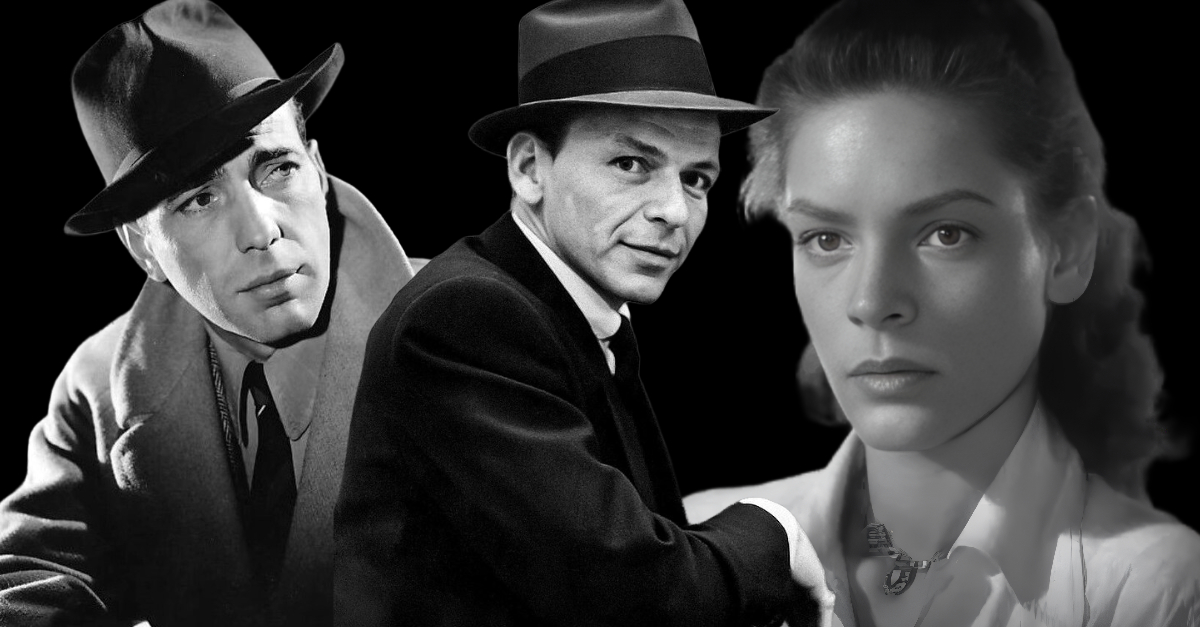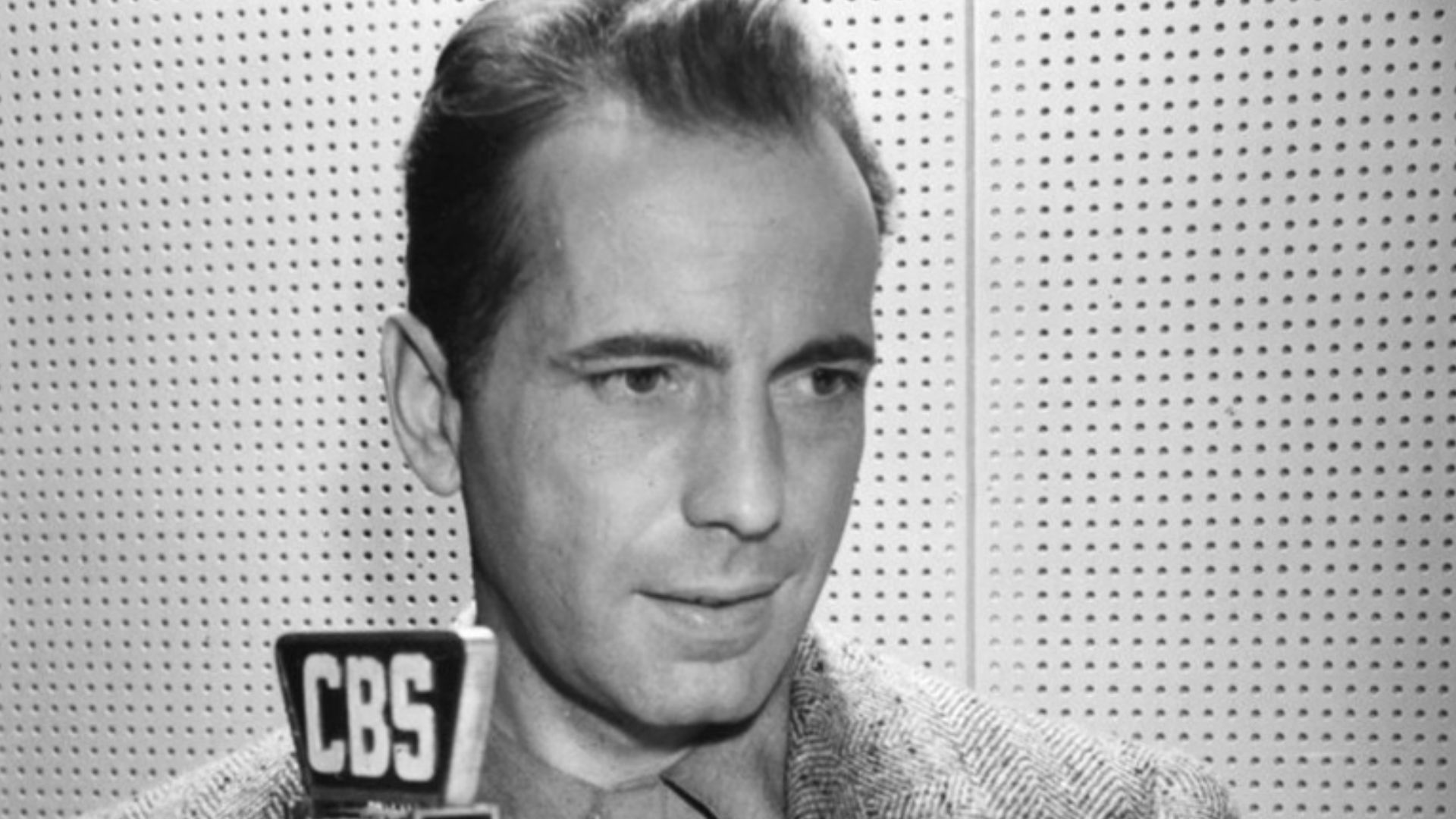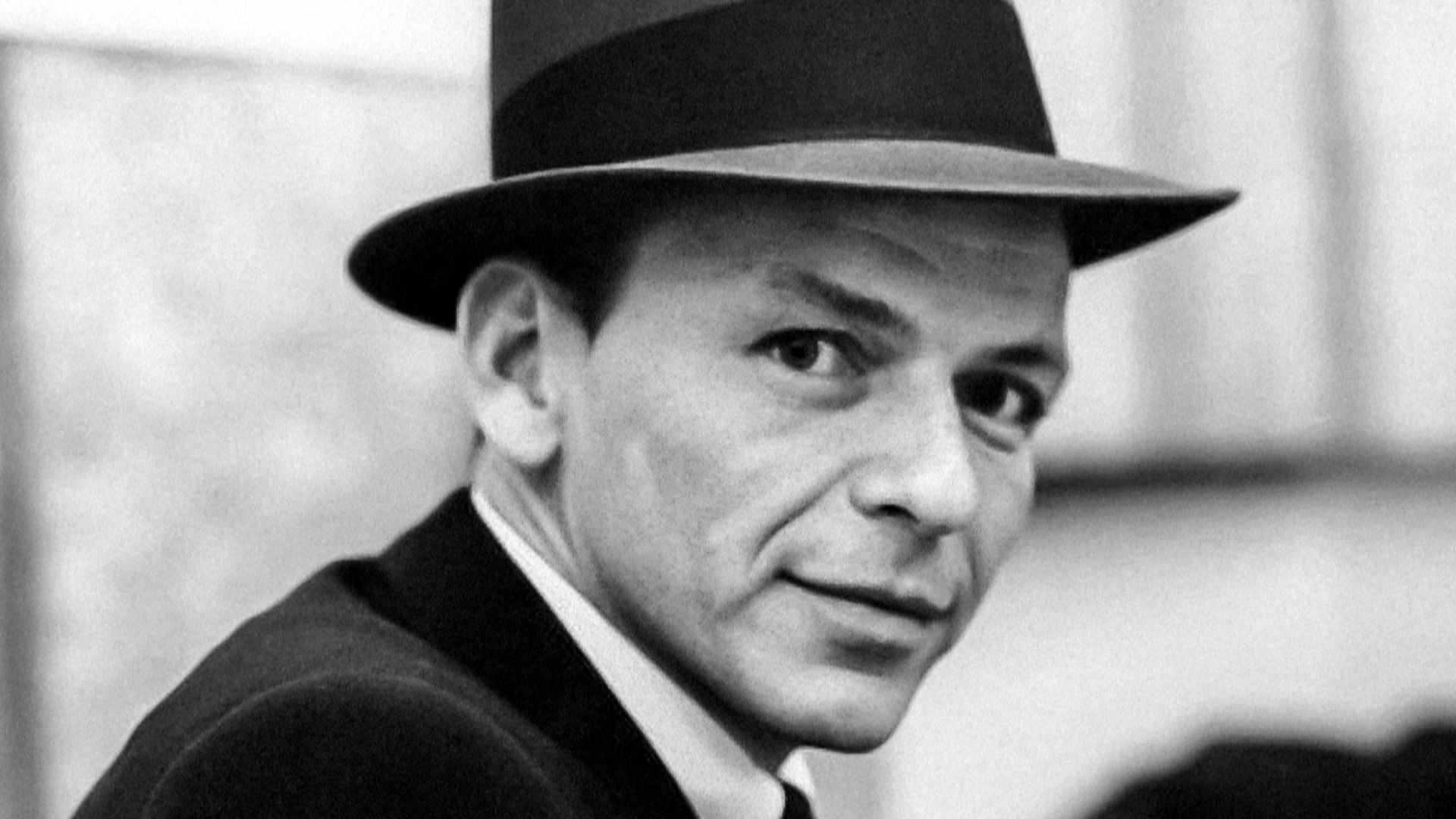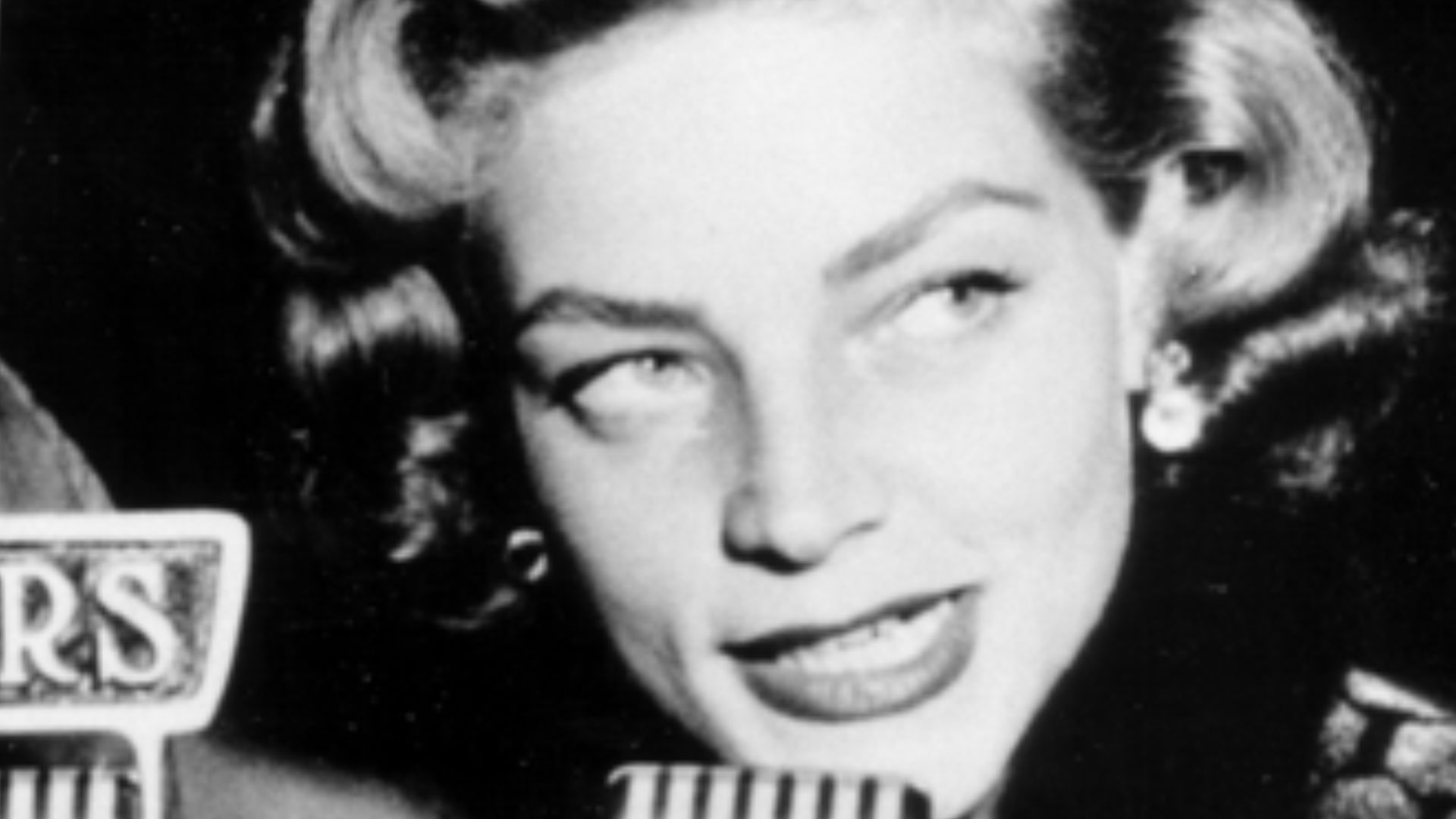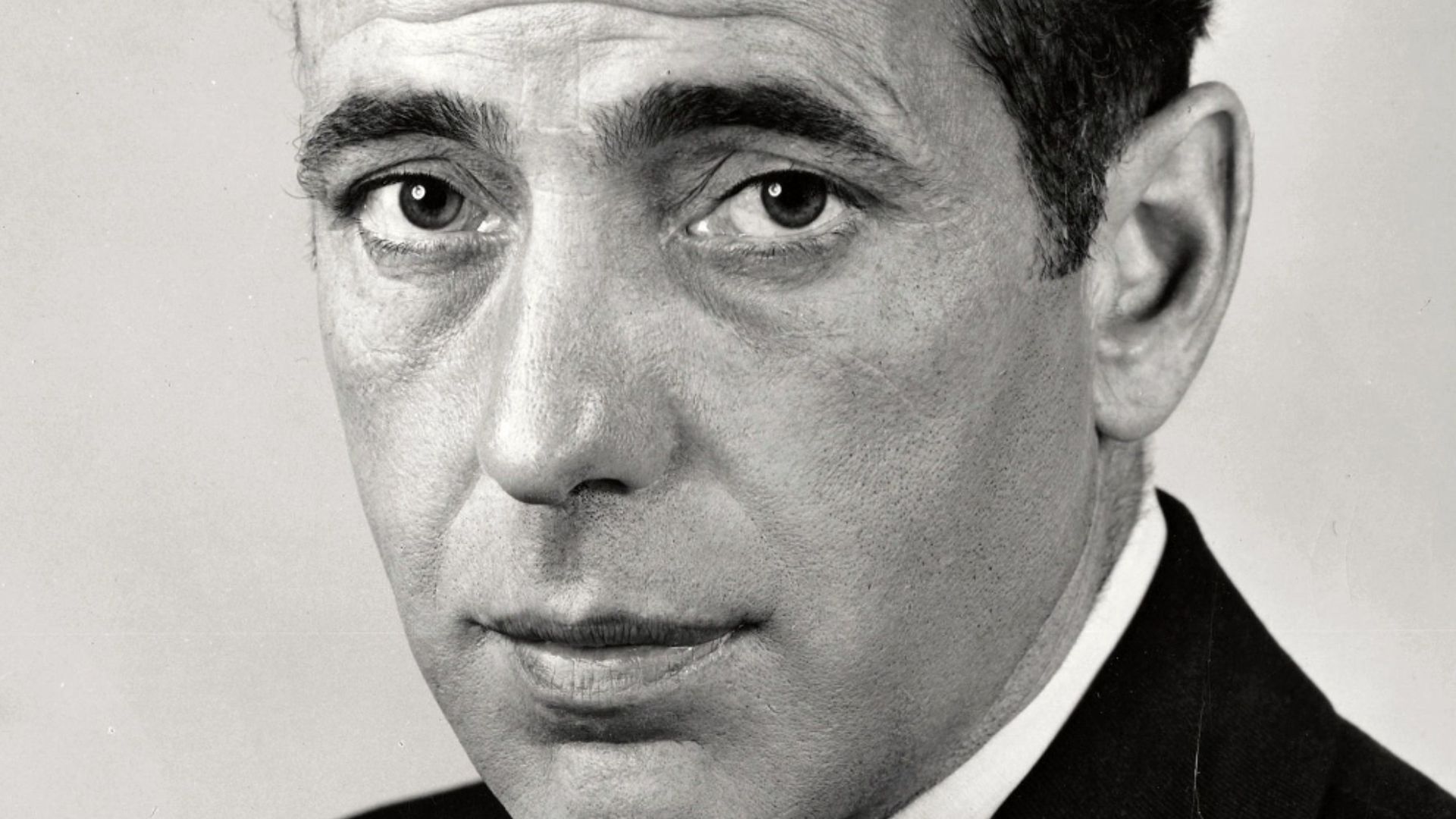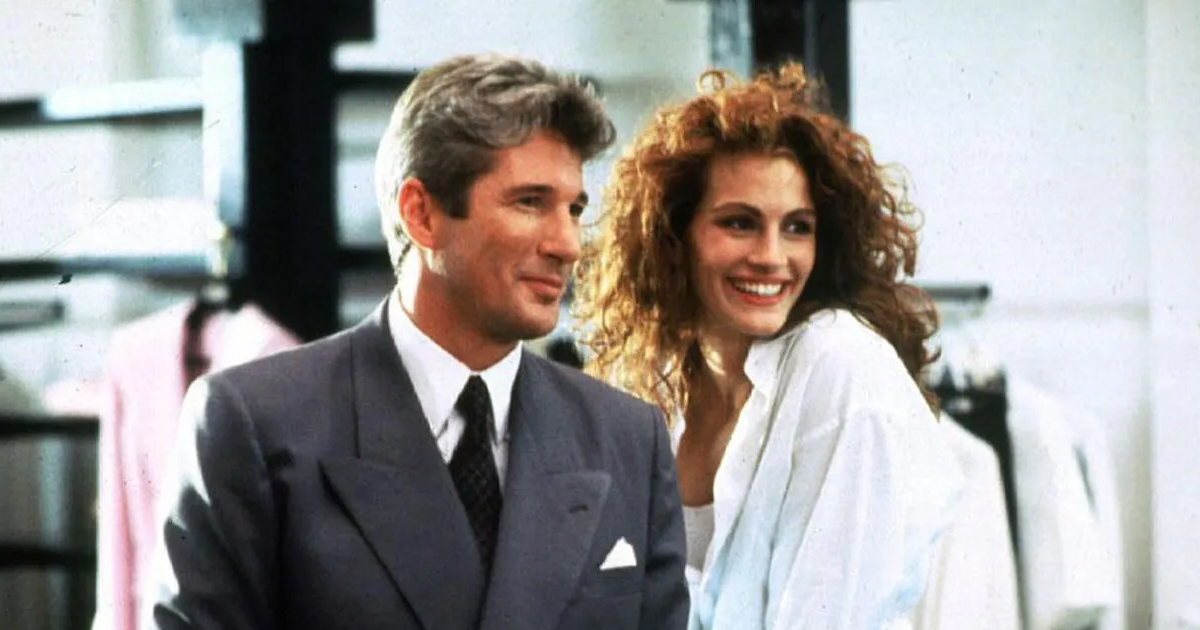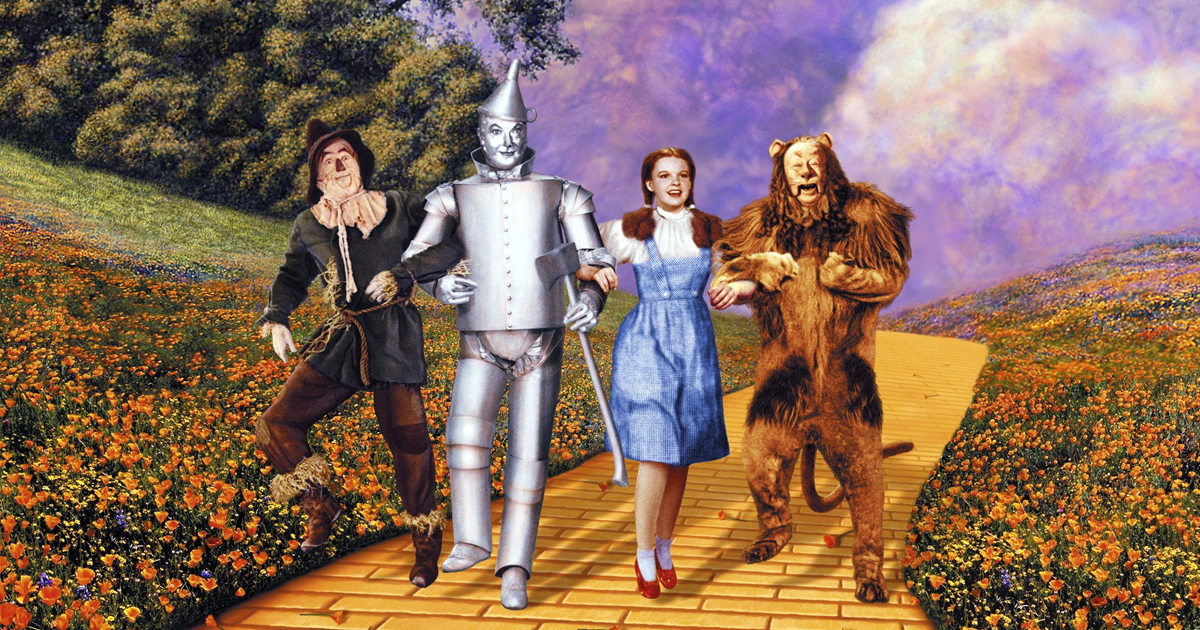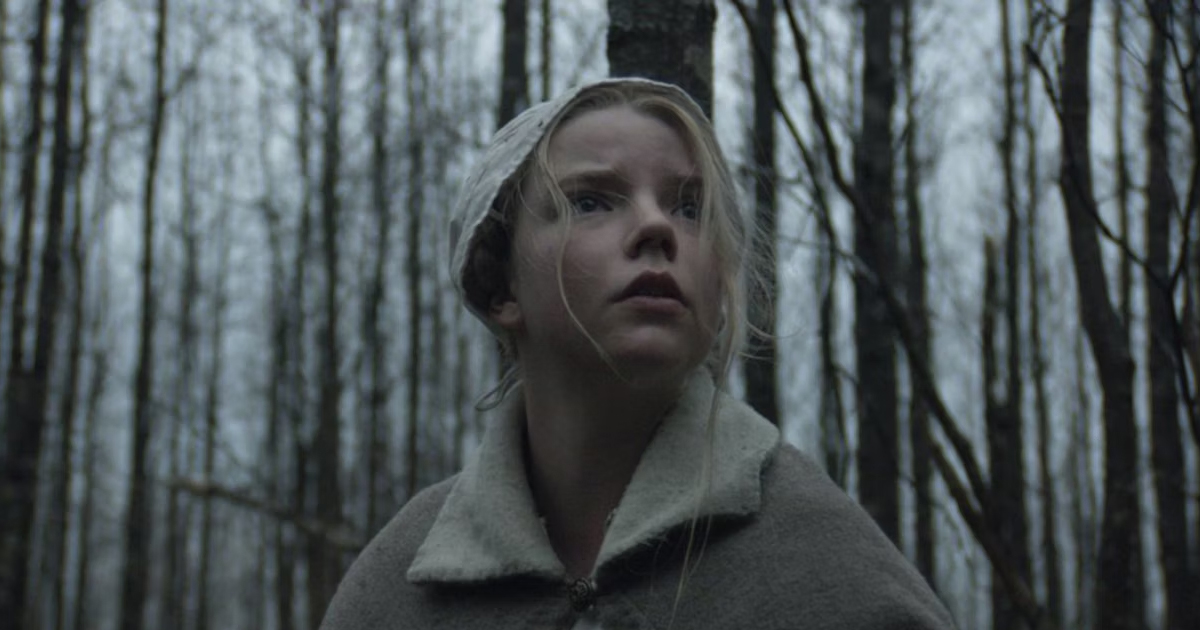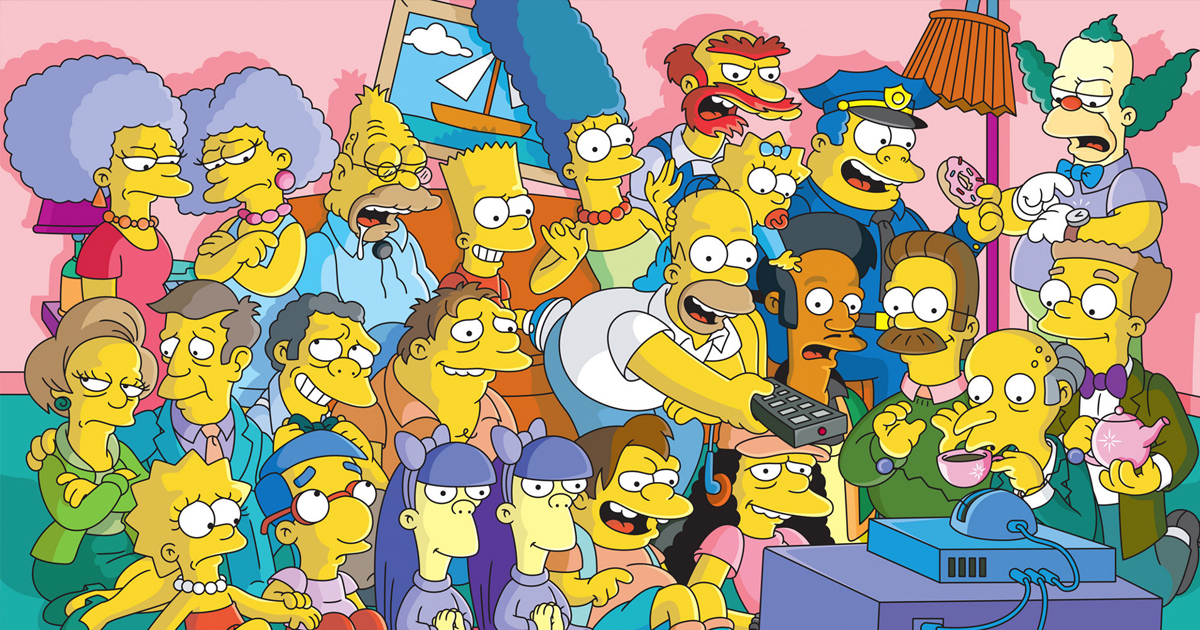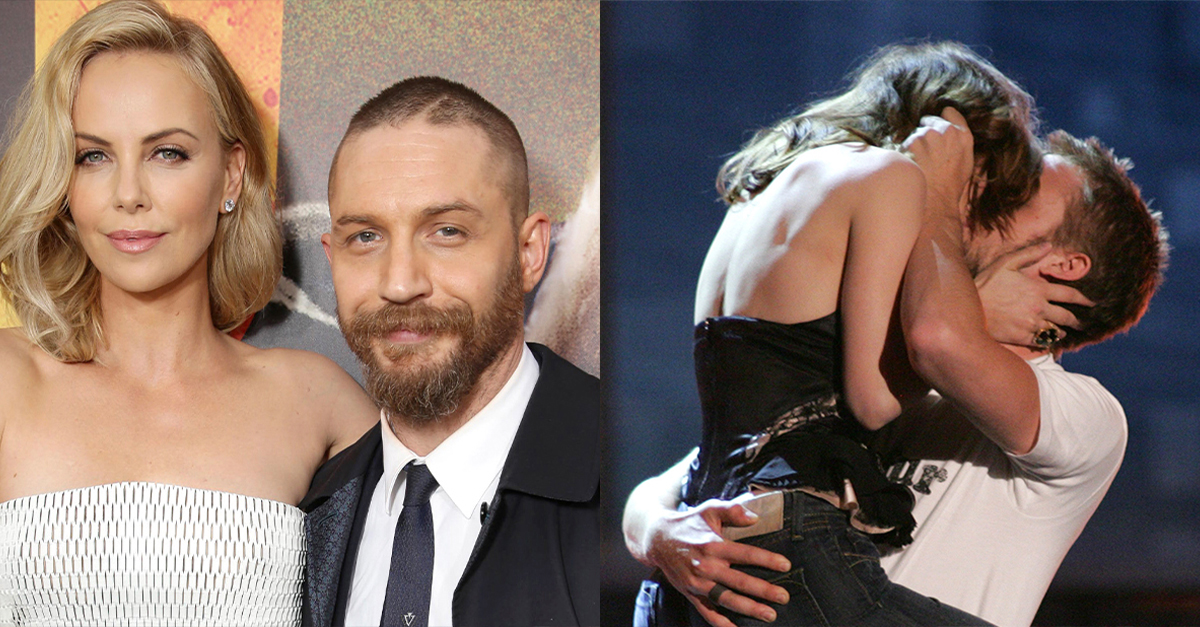The Idol and the Icon
Frank Sinatra worshiped Humphrey Bogart. To Frank, Bogey was everything he wanted to be—cool, respected, untouchable. Being invited into Bogart’s private circle was a dream come true. But that friendship would lead Sinatra straight into the one Hollywood scandal even he couldn’t sing his way out of.
The Original Rat Pack
Before Vegas and martinis, the Rat Pack belonged to Bogart. It was his name for a crew of late-night drinkers who didn’t care what Hollywood thought—Judy Garland, David Niven, and Bogey’s stunning wife, Lauren Bacall. Sinatra couldn’t believe his luck when he was welcomed in.
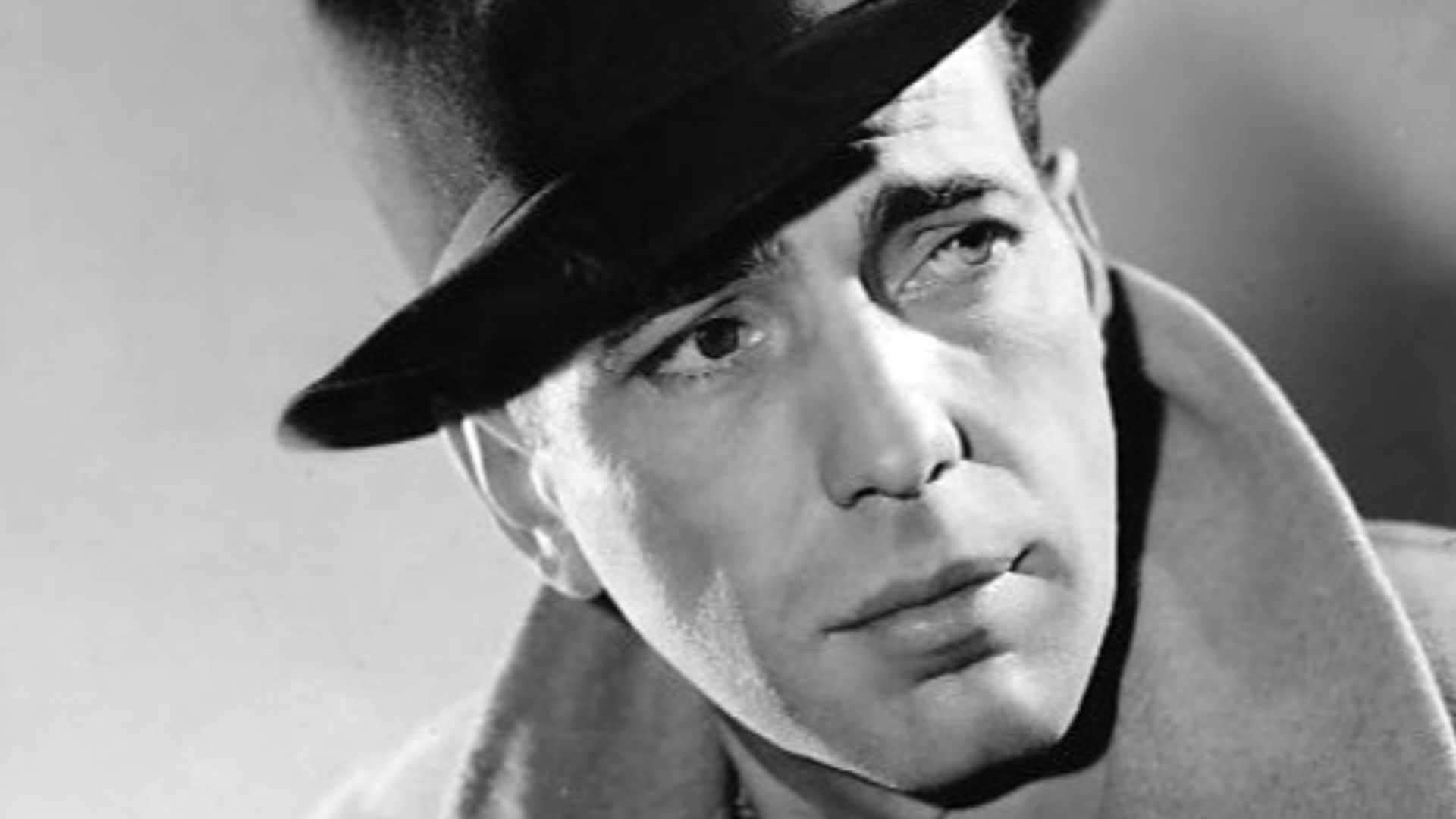 Published by The Minneapolis Tribune-photo from Warner Bros., Wikimedia Commons
Published by The Minneapolis Tribune-photo from Warner Bros., Wikimedia Commons
A Star Among Stars
By the early ’50s, Sinatra was often at the Bogarts’ home in Holmby Hills—drinking, laughing, singing at the piano till dawn. Bacall later said, “Frank adored Bogey. He looked up to him like a kid brother.” Everyone thought it was friendship. But the chemistry was already there.
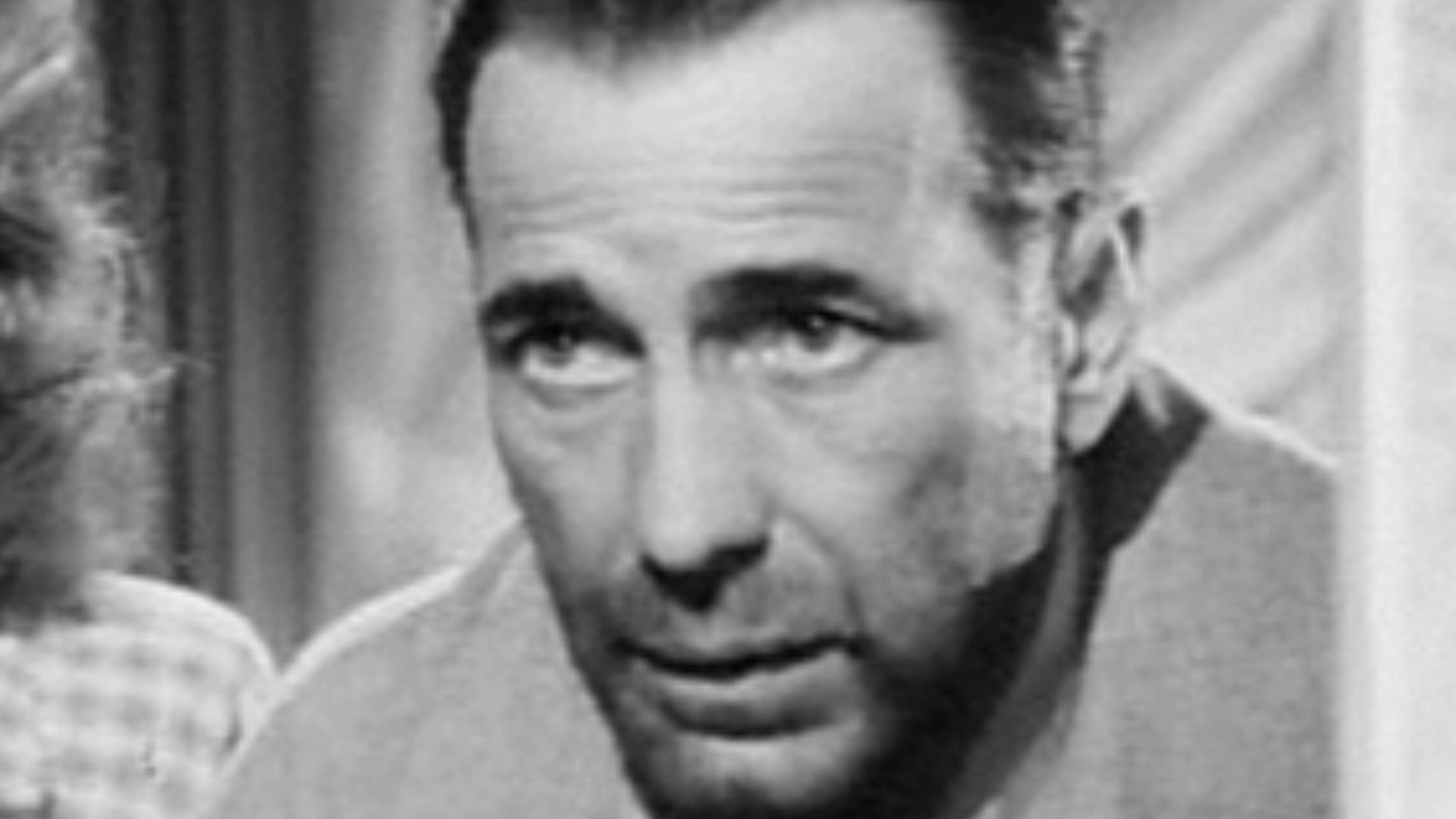 Dell Publications, Wikimedia Commons
Dell Publications, Wikimedia Commons
The One and Only Mrs. Bogart
Lauren Bacall wasn’t just Mrs. Bogart—she was a force. After To Have and Have Not, she became the definition of cool: sharp, smoky-voiced, and loyal to her husband through his illness. Sinatra admired that loyalty. Maybe too much.
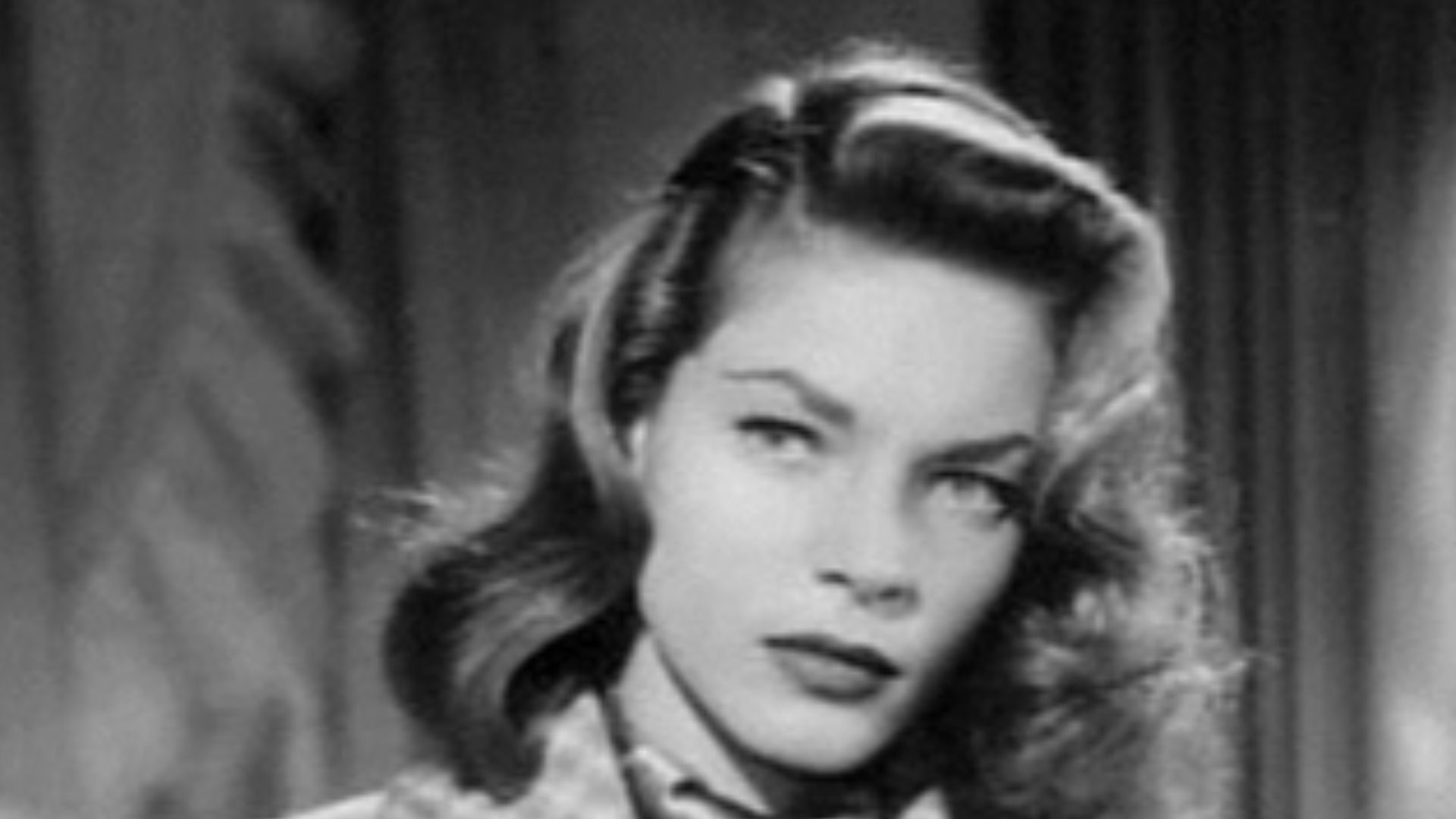 Dell Publications, Wikimedia Commons
Dell Publications, Wikimedia Commons
The Decline of a Legend
By 1955, Bogart’s health was fading fast from cancer. Sinatra became a constant visitor. He was charming, attentive, protective. “He was there when I needed someone,” Bacall later wrote. It looked like friendship—but felt like something more dangerous.
A Quiet Connection
Friends noticed Sinatra and Bacall’s growing bond. He’d drive her home from parties, call her late at night. One friend recalled, “They understood each other’s loneliness.” People whispered, but no one dared accuse Frank of crossing a line—not yet.
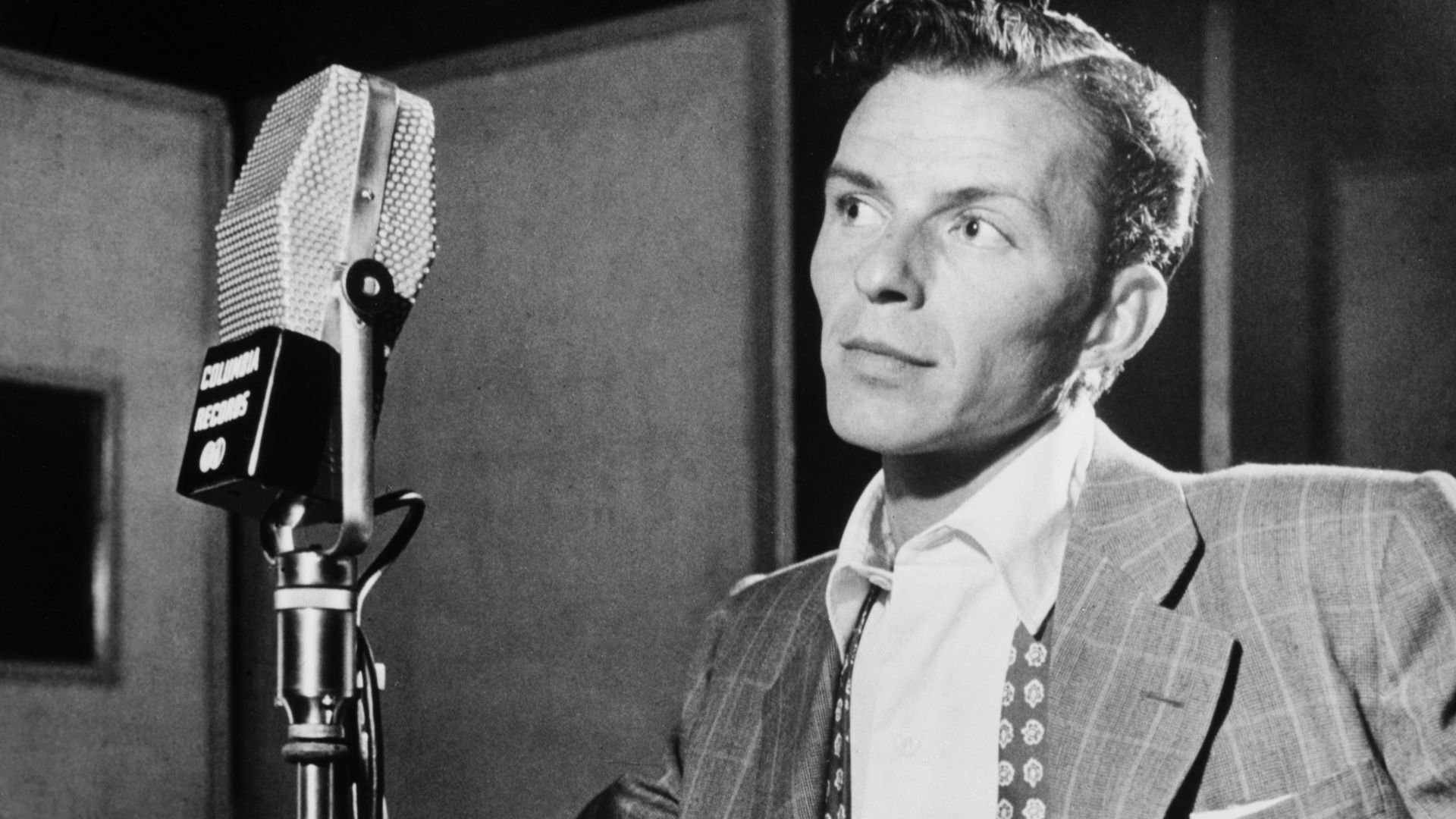 William P. Gottlieb, Wikimedia Commons
William P. Gottlieb, Wikimedia Commons
The Day Everything Changed
On January 14, 1957, Humphrey Bogart died at 57. Sinatra was heartbroken. Bacall said he was one of the few people who genuinely cared. For her, grief turned into dependence—and for Frank, admiration turned into something much more complicated.
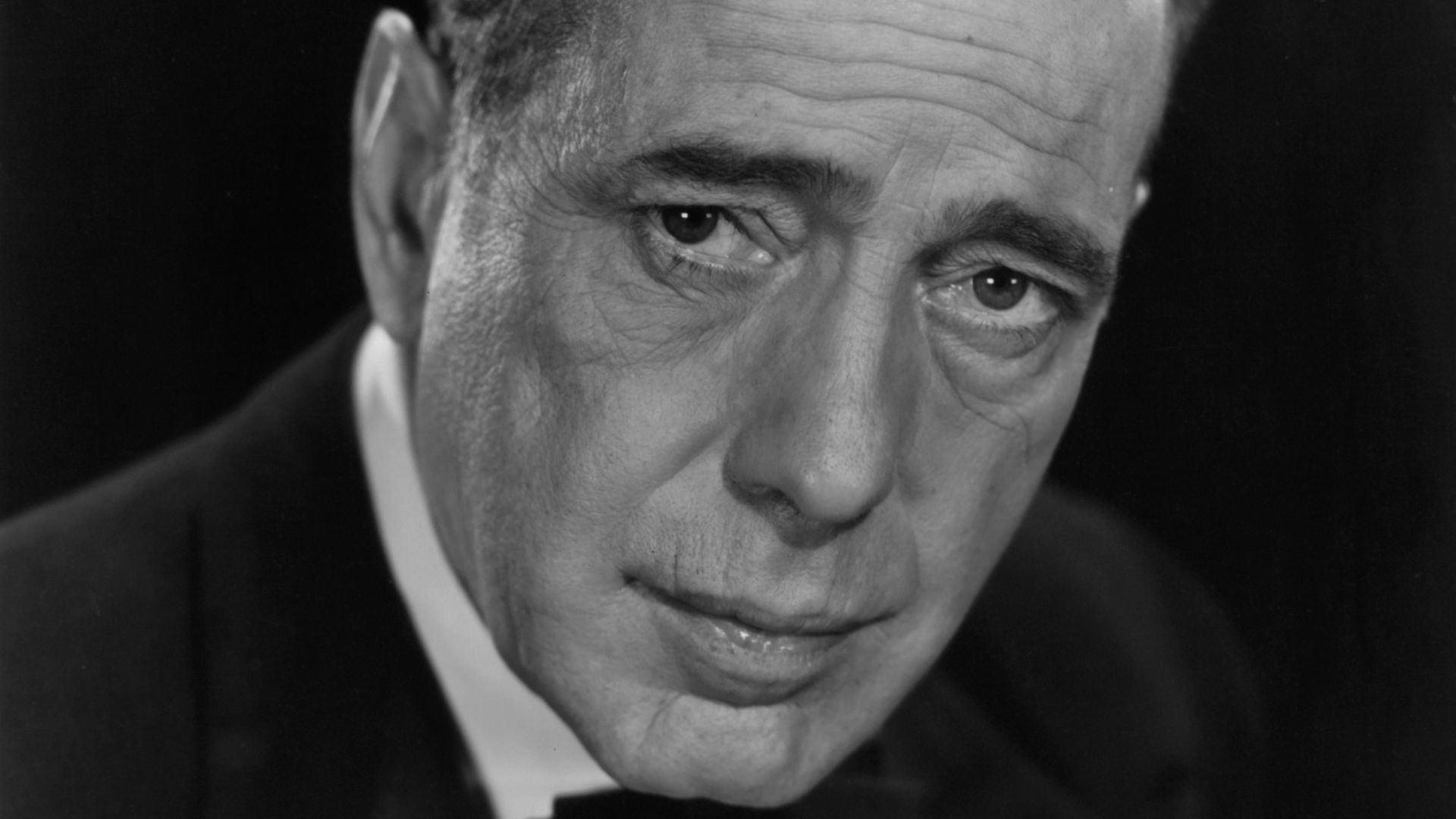 Archive Photos, Wikimedia Commons
Archive Photos, Wikimedia Commons
Comfort Turns Into Chemistry
In the months after Bogey’s death, Sinatra and Bacall became inseparable. He took her to dinner, shielded her from the press, and made her laugh again. “Frank was so sweet,” she said later. “He got me laughing again.” But Hollywood wasn’t laughing.
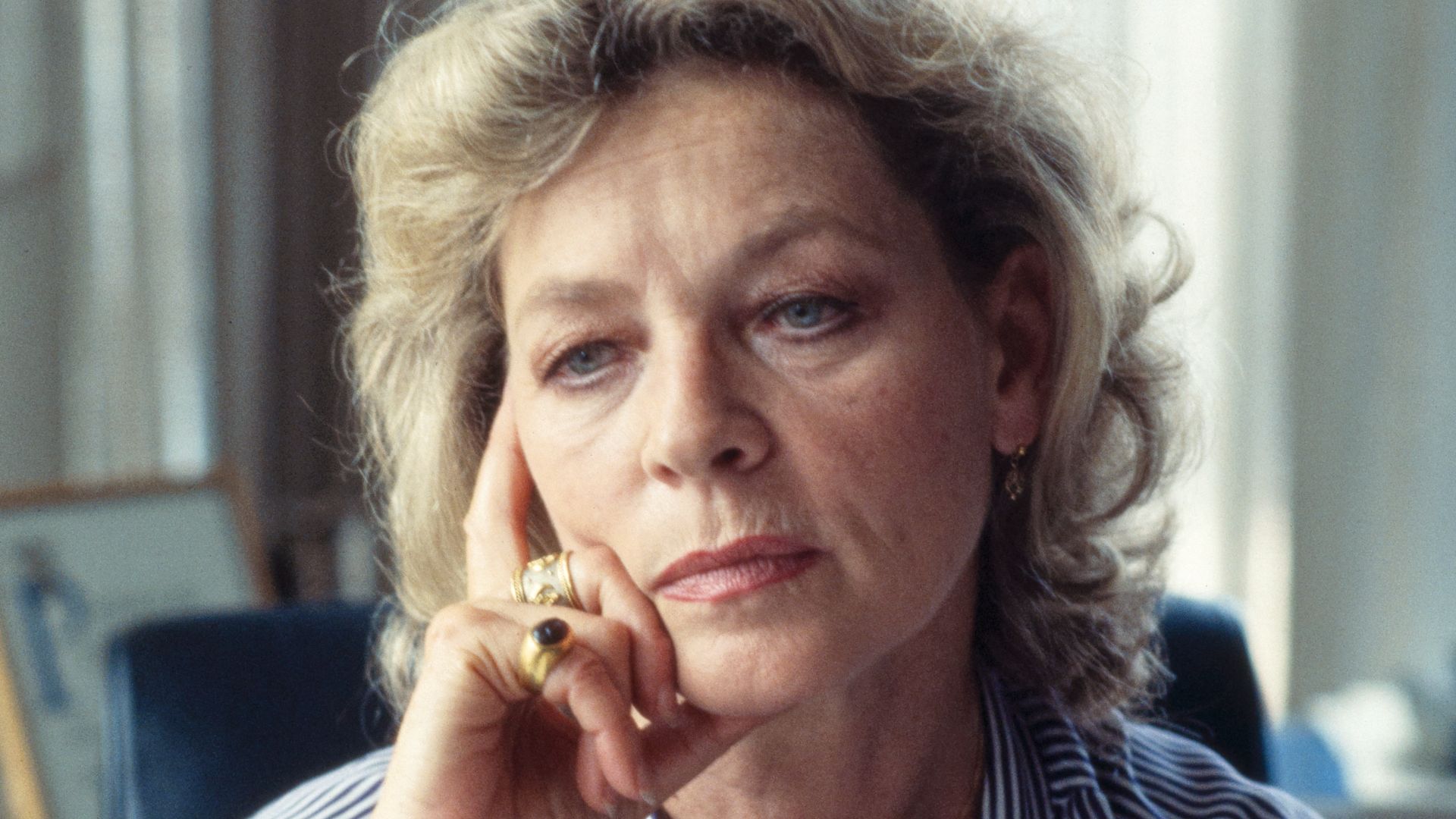 Bernard Gotfryd, Wikimedia Commons
Bernard Gotfryd, Wikimedia Commons
Hollywood Whispers Begin
By late 1957, Sinatra and Bacall were quietly dating. Everyone in town knew it. “You could feel the spark,” one friend said. Sinatra wasn’t hiding it—he sent flowers, called her “Baby,” and introduced her to friends as “my girl.”
The Public Reaction
Fans didn’t approve. Bogart’s widow with Sinatra? Too soon. Too bold. Gossip columnists had a field day. Hedda Hopper sniped that “the torch for Bogey had barely cooled.” Sinatra brushed it off—but inside, he hated being the headline.
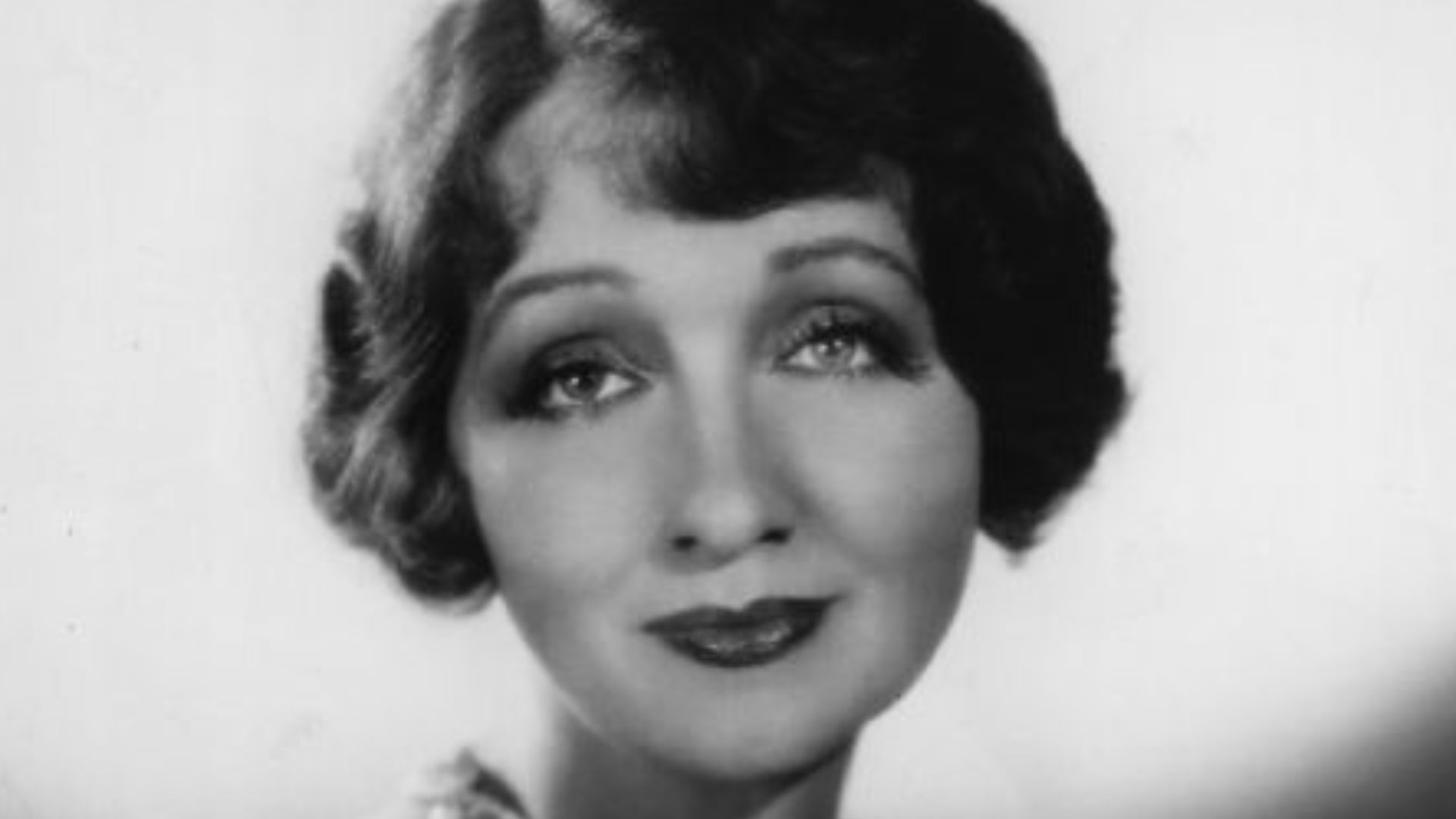 Photoplay magazine, Wikimedia Commons
Photoplay magazine, Wikimedia Commons
The Warning She Ignored
Bacall’s friends were uneasy. Katharine Hepburn warned her, “He’s a storm, Betty. You’ve had enough weather.” Bacall didn’t listen. She thought Sinatra was the one person who truly understood her. She was about to find out how wrong she was.
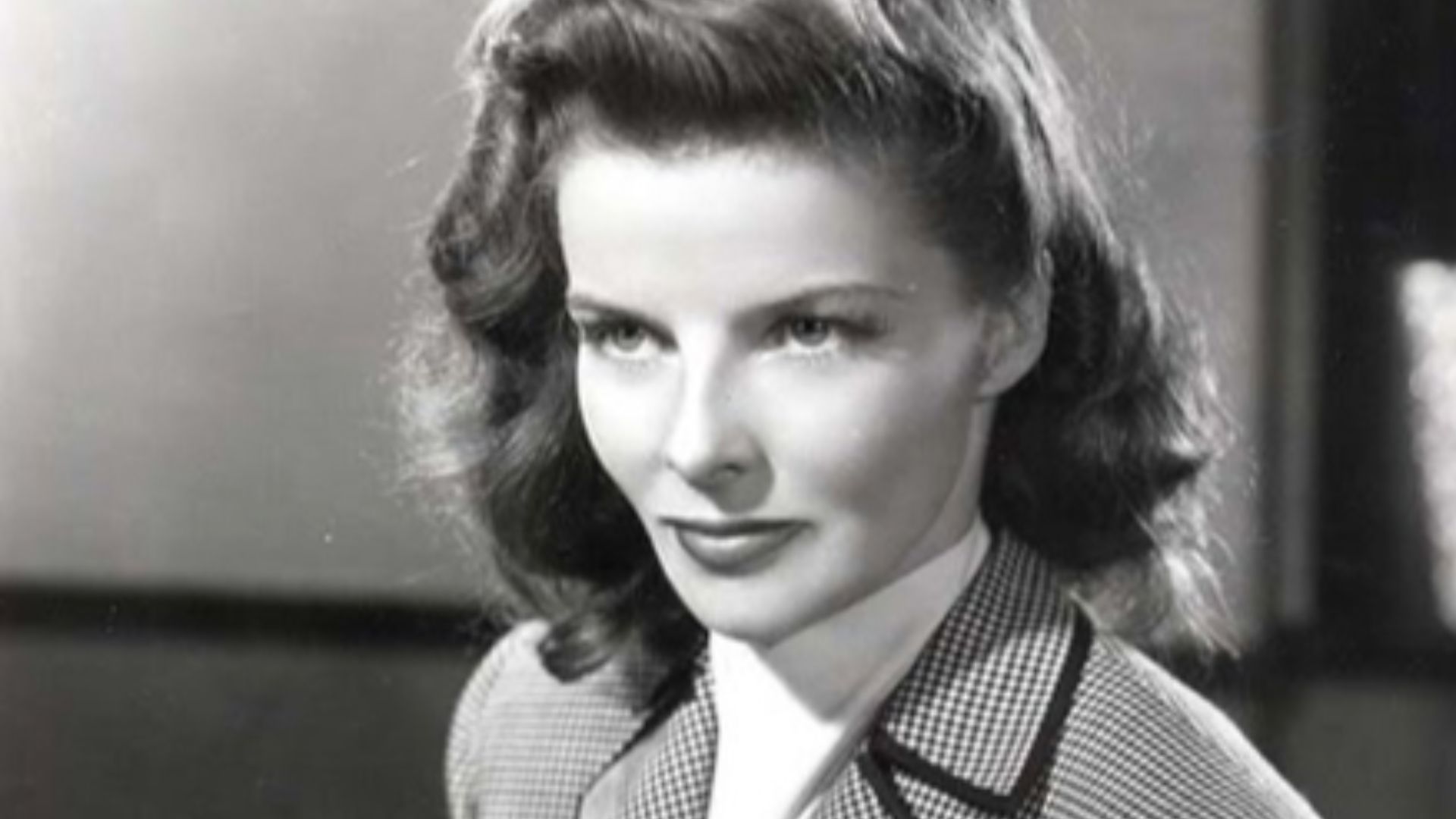 Metro-Goldwyn-Mayer (work for hire), Wikimedia Commons
Metro-Goldwyn-Mayer (work for hire), Wikimedia Commons
Conflicted Loyalty
Sinatra never stopped idolizing Bogart, even as he dated Bacall. He’d toast “Bogey” at parties, then go quiet when Bacall’s name came up. “Frank could love and betray in the same breath,” actor Tony Curtis said. “That was his gift—and his curse.”
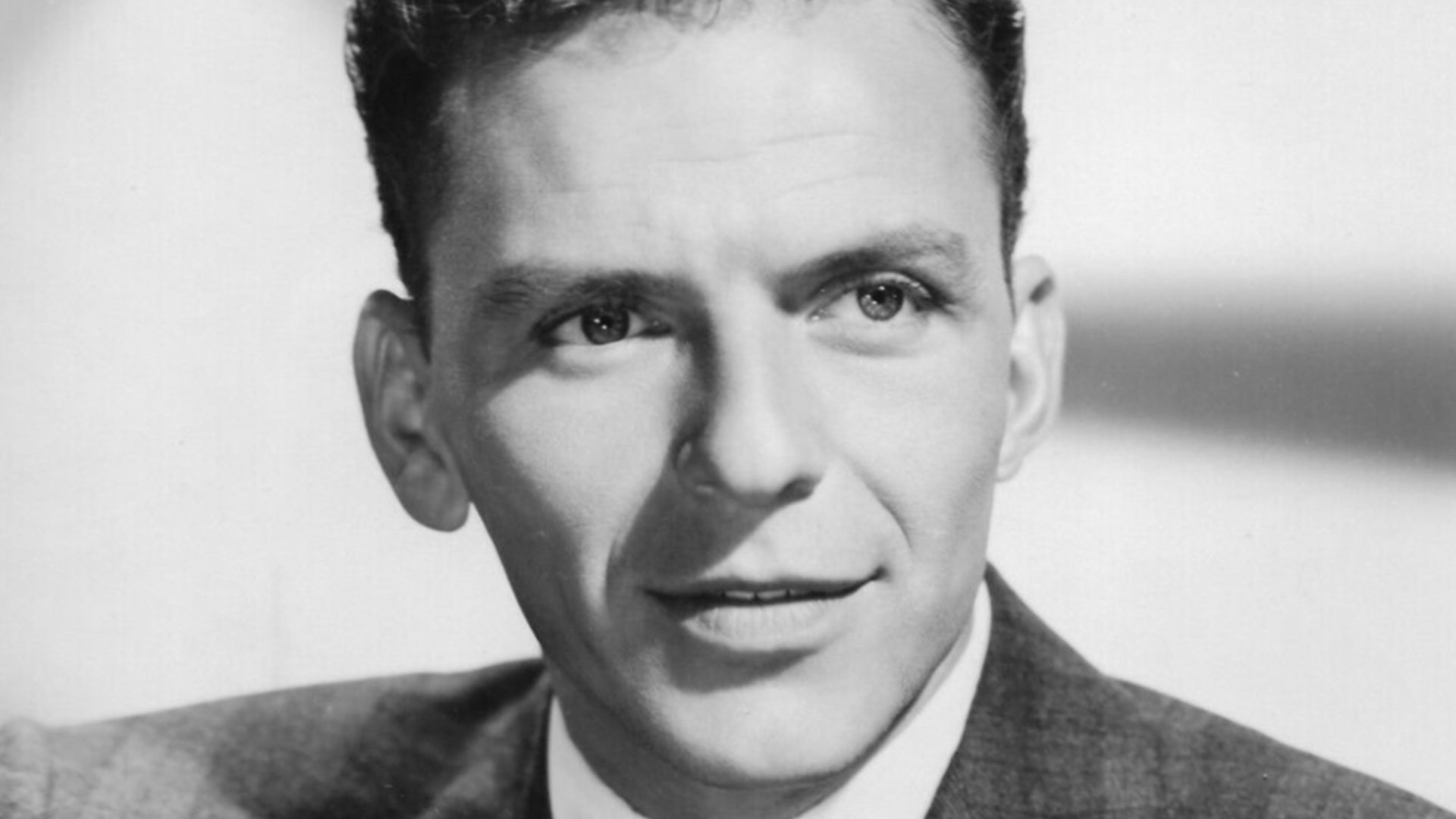 Photograph taken by George Hurrell for Metro-Goldwyn-Mayer (MGM)., Wikimedia Commons
Photograph taken by George Hurrell for Metro-Goldwyn-Mayer (MGM)., Wikimedia Commons
The Proposal
One night in 1958 at Romanoff’s, Sinatra stunned Bacall by proposing over dinner. She said yes—half in shock. “He didn’t even wait for dessert,” she joked later. But their secret didn’t stay secret for long.
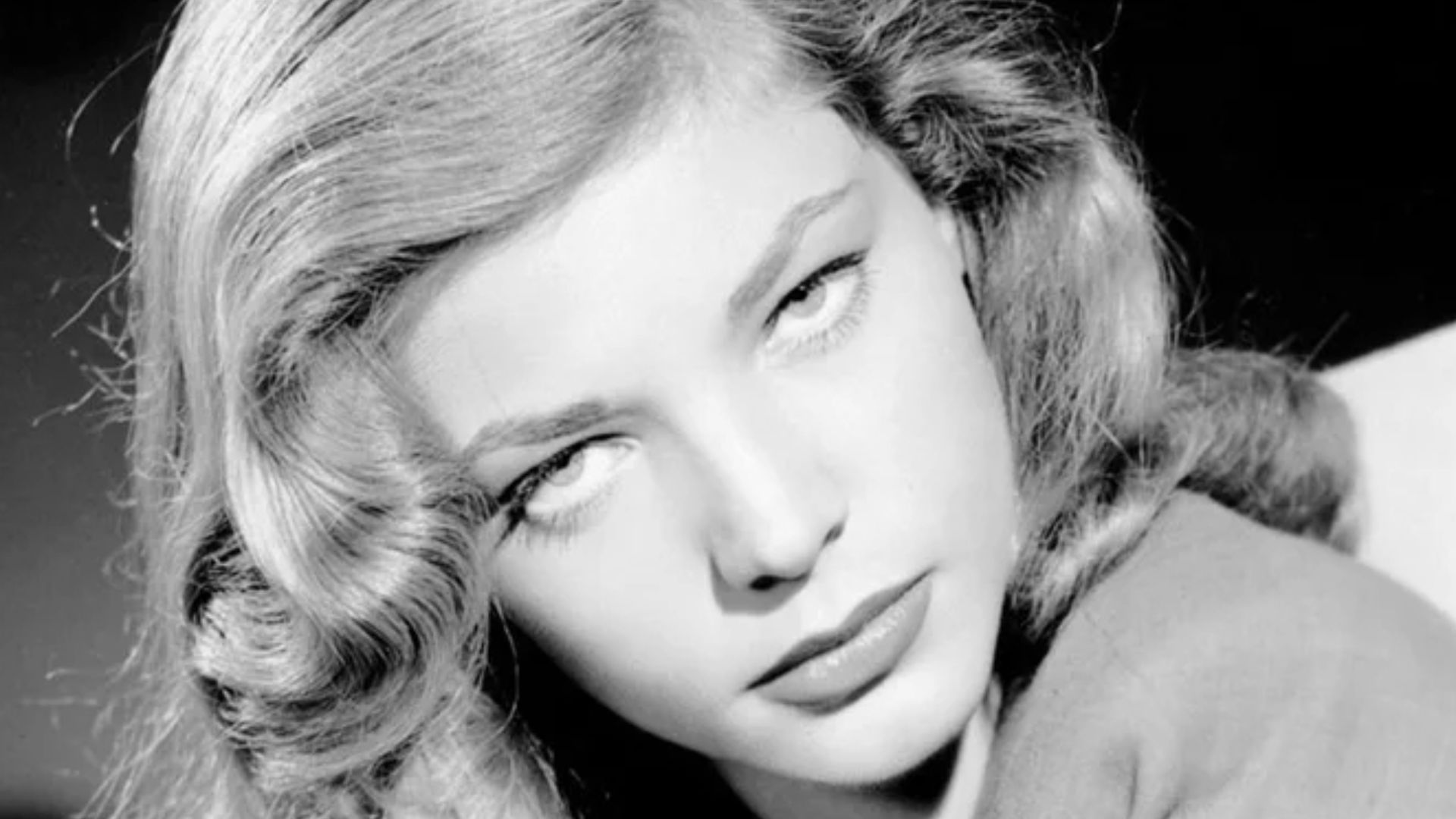 Liberty Publications, Wikimedia Commons
Liberty Publications, Wikimedia Commons
The Leak and the Denial
When the Los Angeles Herald ran the engagement story, Sinatra exploded. He accused Bacall of leaking it to the press, which she denied. Asked about it, Sinatra snapped, “I was never going to marry that woman.” Then he disappeared from her life completely.
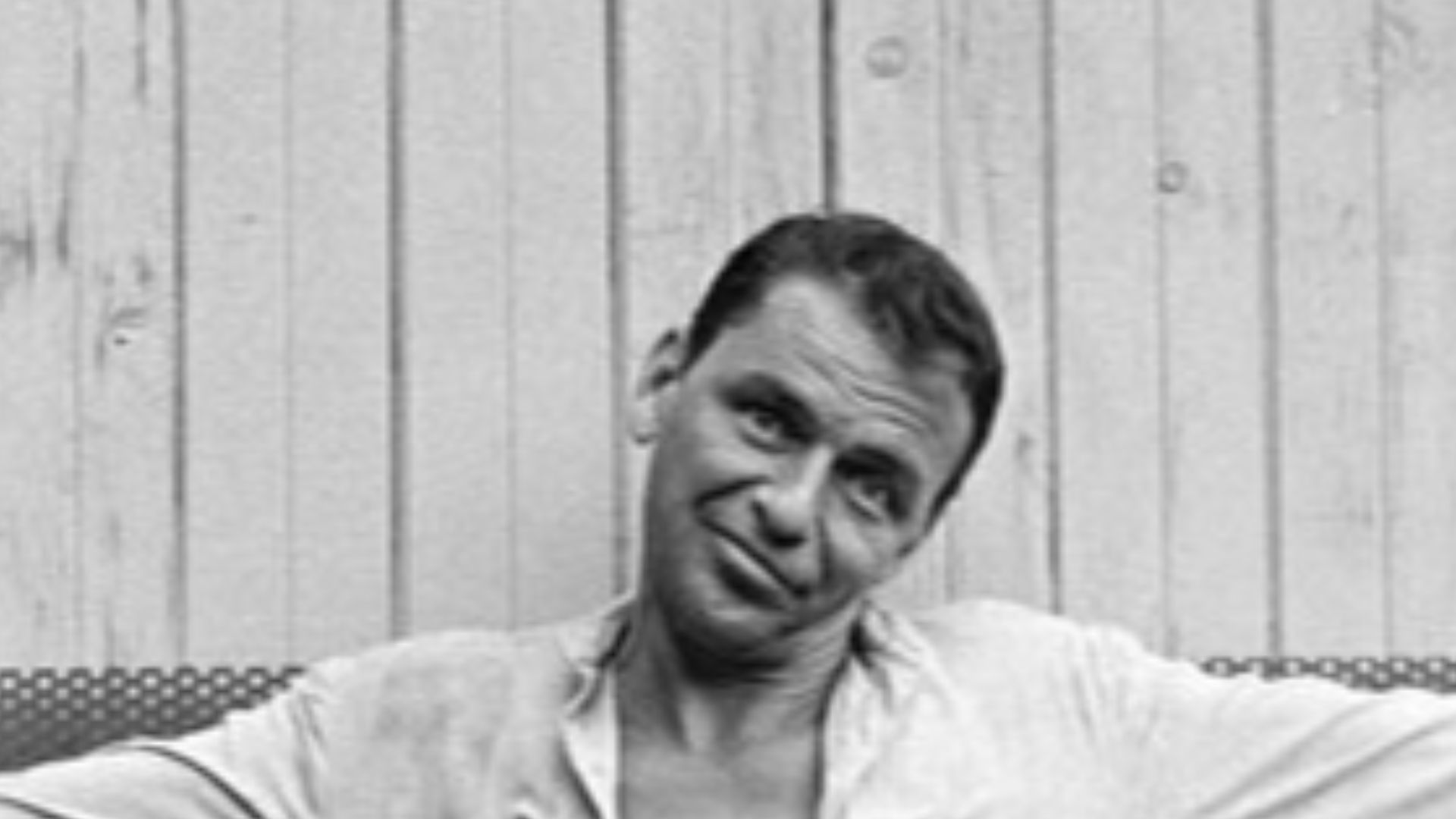 Philippe Halsman, Wikimedia Commons
Philippe Halsman, Wikimedia Commons
Bacall’s Heartbreak
Bacall later said the breakup left her “devastated and humiliated.” “He just walked out of my life without a word,” she wrote. She had gone from Hollywood royalty to tabloid casualty—courtesy of the man she thought she could trust.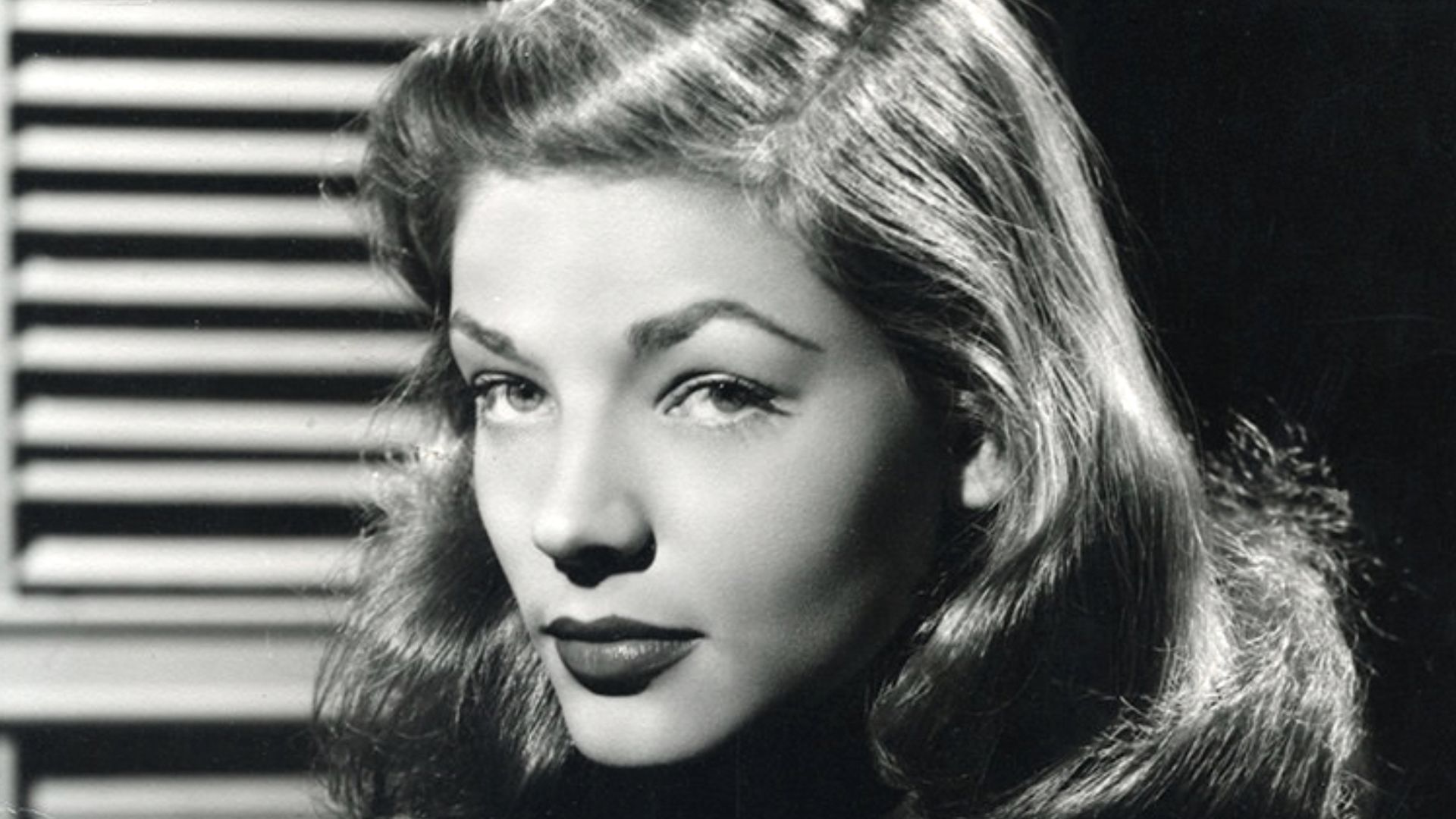 Unknown author, Wikimedia Commons
Unknown author, Wikimedia Commons
Sinatra’s Silence
For the rest of his life, Sinatra refused to talk about Bacall. Friends said he regretted it deeply but could never admit it. “He hated being made to look foolish,” one insider said. “And that story made him look like a fool.”
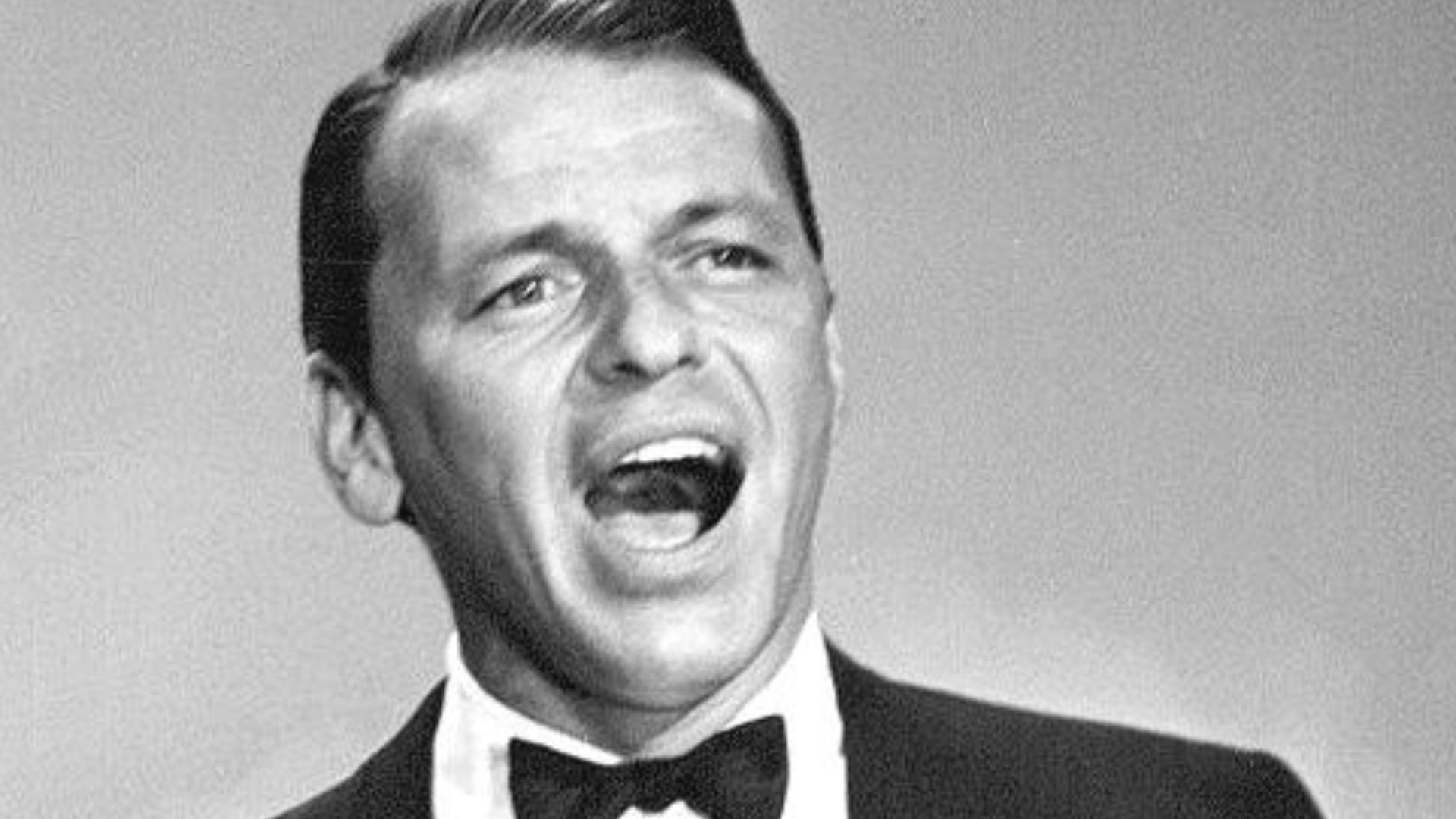 CBS Television, Wikimedia Commons
CBS Television, Wikimedia Commons
Bacall’s Take Years Later
In her memoir, Bacall was kinder. “It was real,” she wrote. “It just wasn’t meant to last.” She credited Sinatra for helping her through grief, even if it ended painfully. “He was a generous man—but a fragile one.”
The Fallout
After the Bacall incident, Sinatra’s relationship with the press changed forever. He stopped granting interviews, surrounded himself with loyalists, and built a new Rat Pack that played by his rules. Bogart’s version was gone—Sinatra’s was all business.
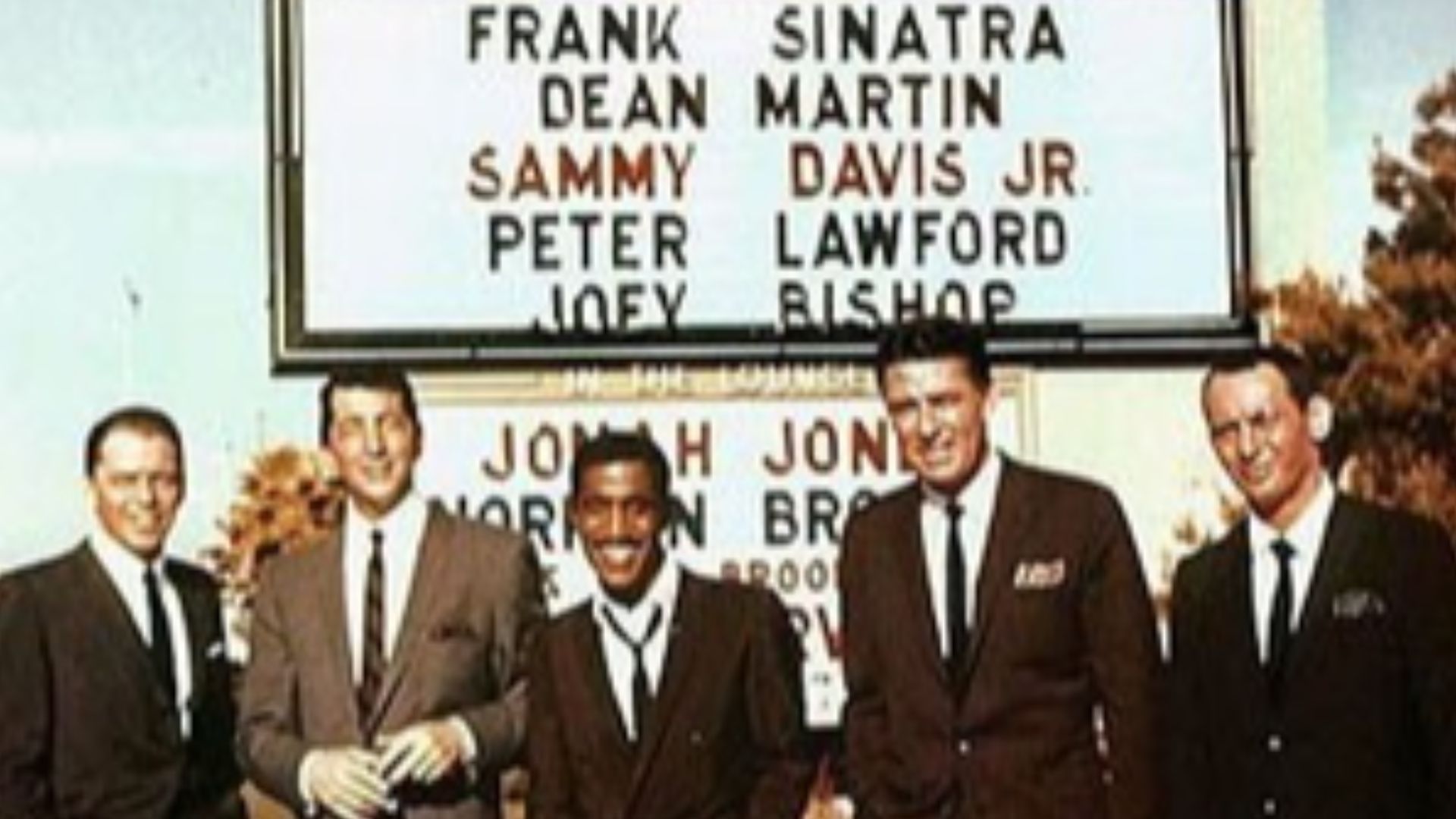 inkknife_2000 (7.5 million views +), Wikimedia Commons
inkknife_2000 (7.5 million views +), Wikimedia Commons
Bogart’s Friends Never Forgave Him
David Niven called Sinatra’s behavior “tasteless.” Others were less polite. Judy Garland reportedly said, “They were both just lonely.” The gossip never stopped. Sinatra’s name would forever carry a shadow of the man he replaced—if only for a moment.
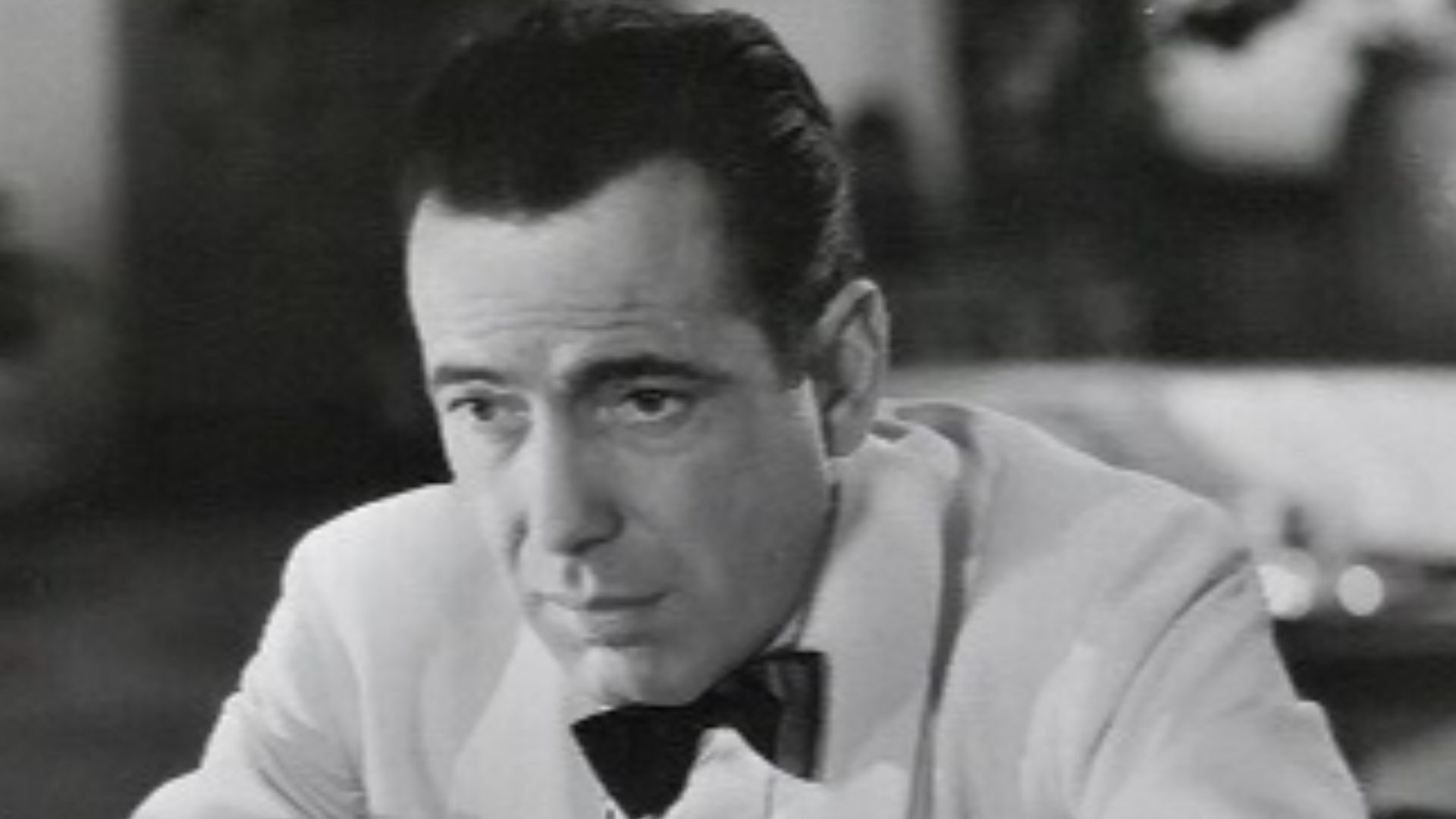 unknown (Warner Bros.), Wikimedia Commons
unknown (Warner Bros.), Wikimedia Commons
Reinvention Through Control
By 1960, Sinatra’s new Rat Pack—Dean Martin, Sammy Davis Jr., Peter Lawford—had turned him from scandal to king again. The heartbreak with Bacall was buried beneath tuxedos, showgirls, and stage lights. But those who knew him said he never forgot it.
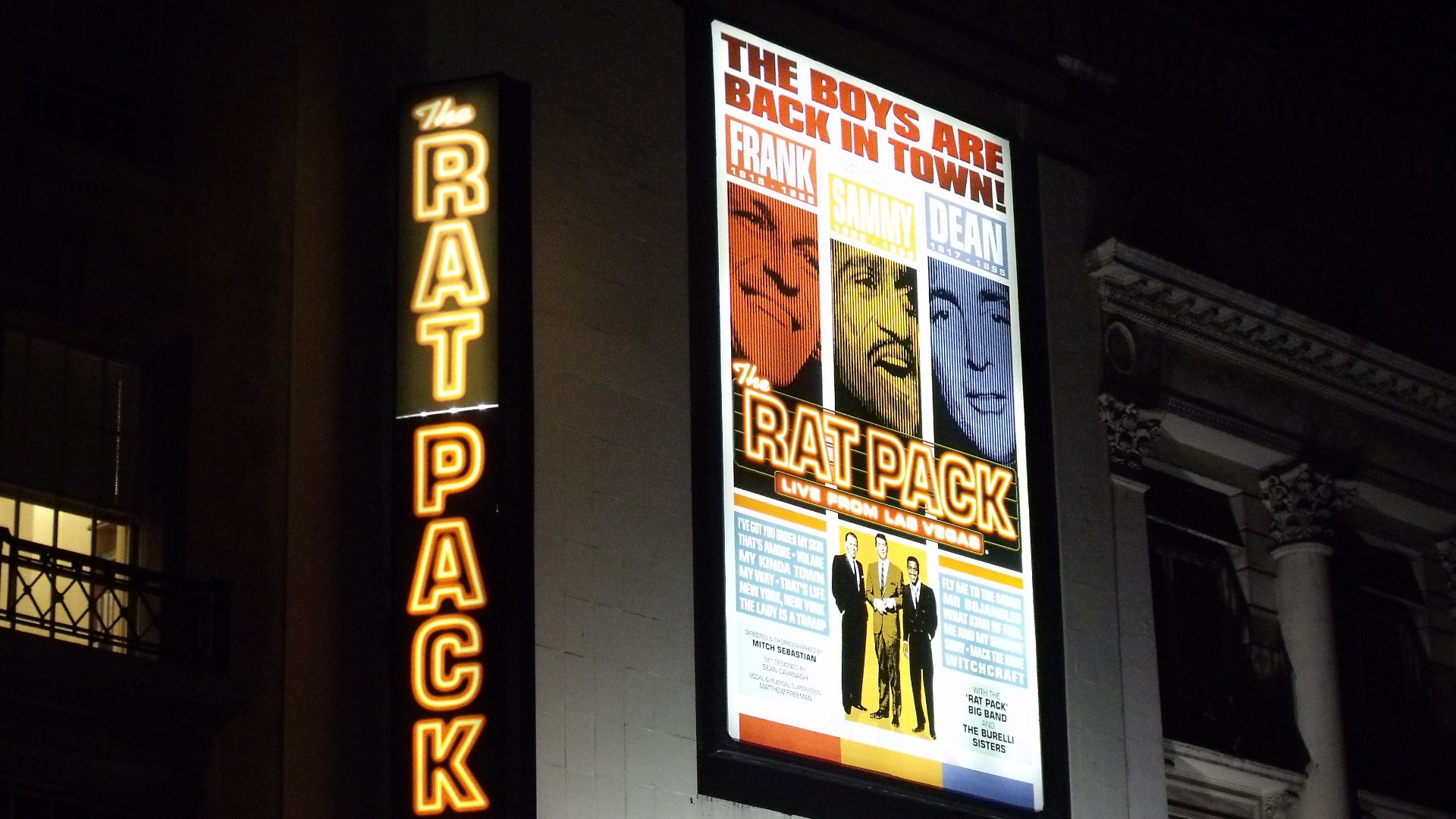 Elliott Brown from Birmingham, United Kingdom, Wikimedia Commons
Elliott Brown from Birmingham, United Kingdom, Wikimedia Commons
Bacall Finds Peace
Bacall eventually married actor Jason Robards in 1961 and built a quiet life. Still, she once said, “Bogey was my one great love.” When asked about Sinatra, she’d smile and say, “Frank was impossible—and unforgettable.”
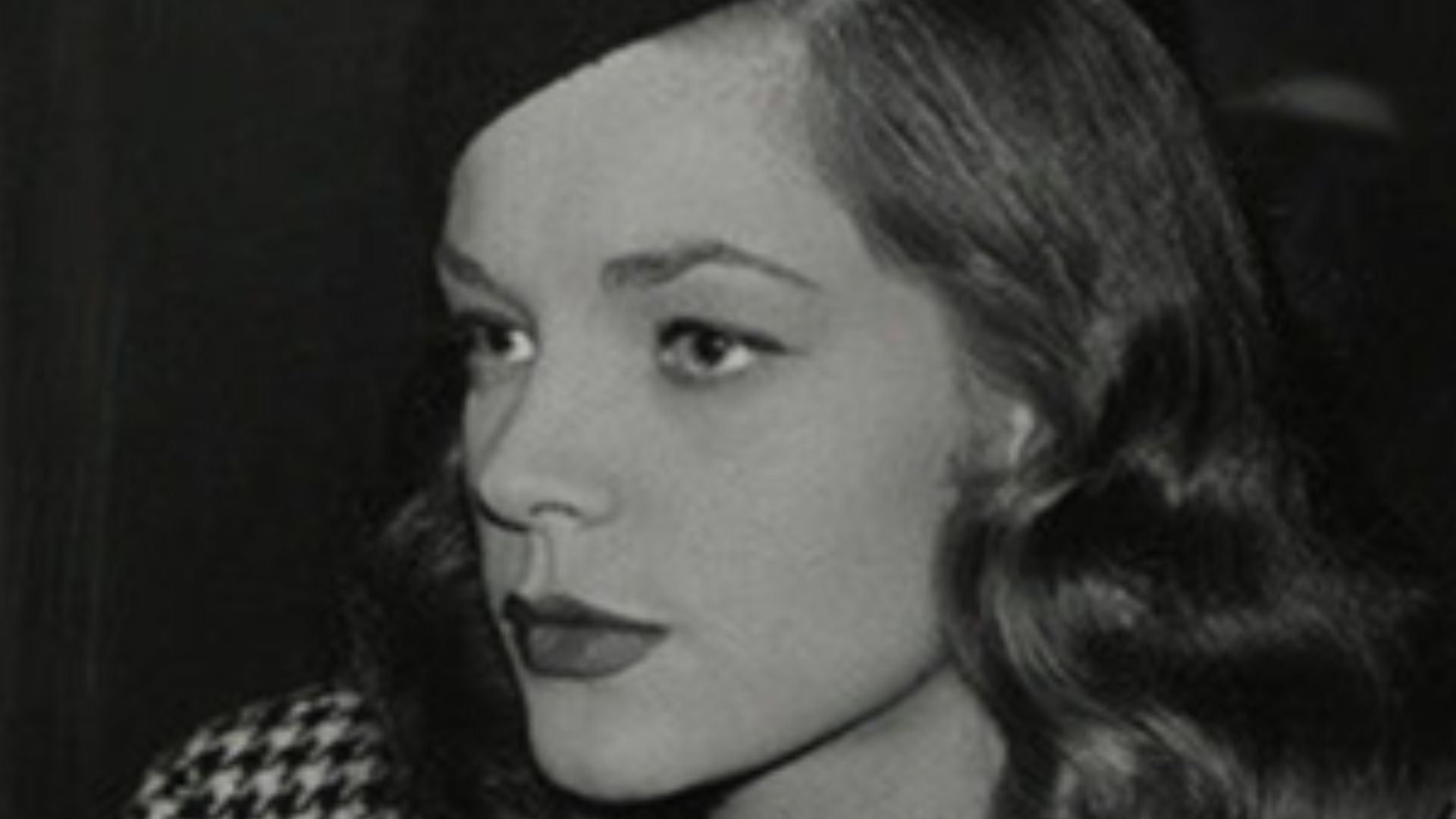 Unknown author, Wikimedia Commons
Unknown author, Wikimedia Commons
The Rumored Apology
Years later, Sinatra reportedly sent word through friends that he regretted how things ended. Bacall never confirmed it. “Too much pride on both sides,” a friend said. “But she appreciated it.”
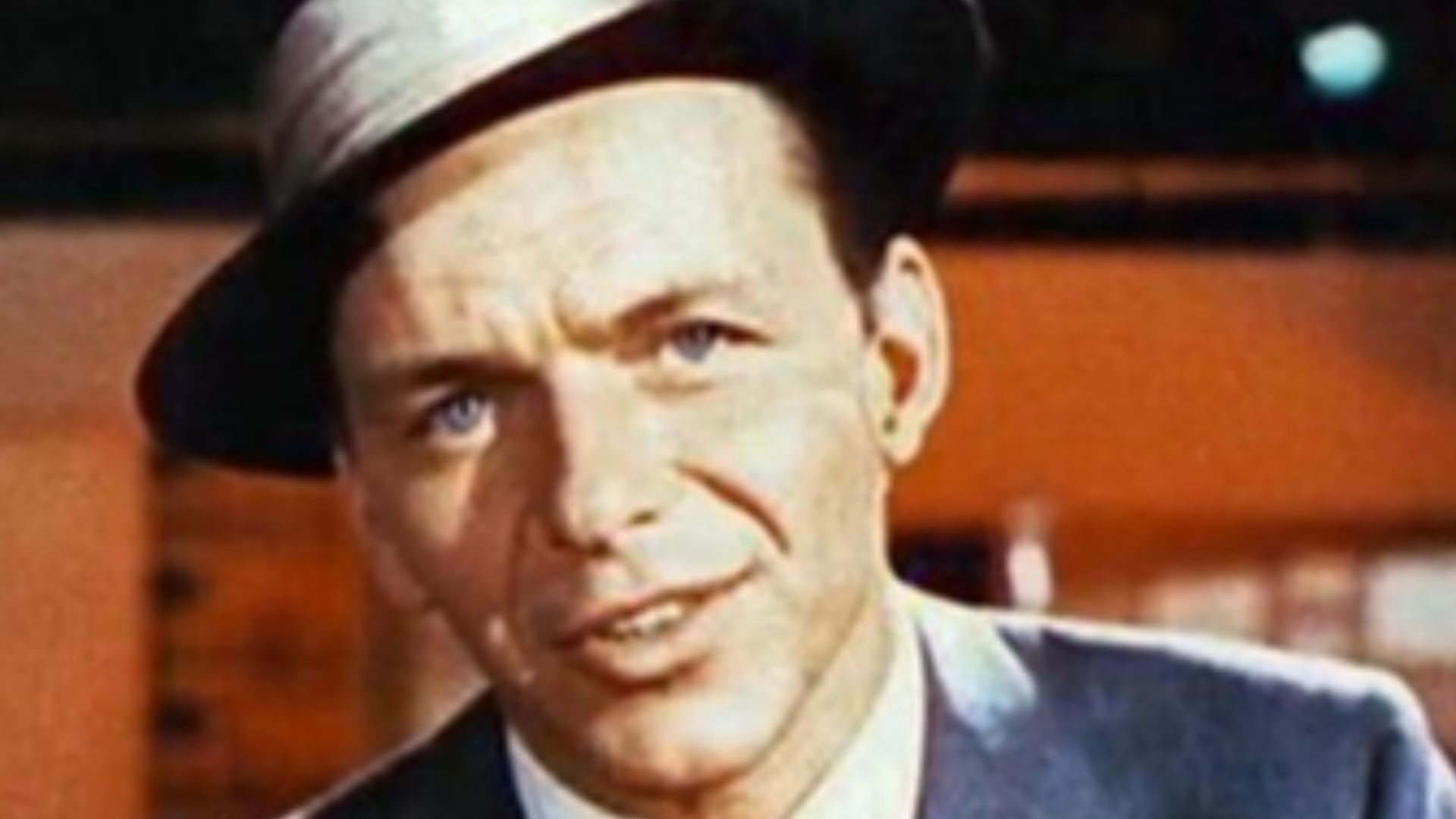 Columbia Pictures Corporation, Wikimedia Commons
Columbia Pictures Corporation, Wikimedia Commons
Hollywood’s Unspoken Rule
Among insiders, the Sinatra–Bacall story became legend. “Don’t pull a Frank and Betty,” they’d say. Meaning—don’t let passion and pride wreck your legacy. It was a warning written in bourbon and broken trust.
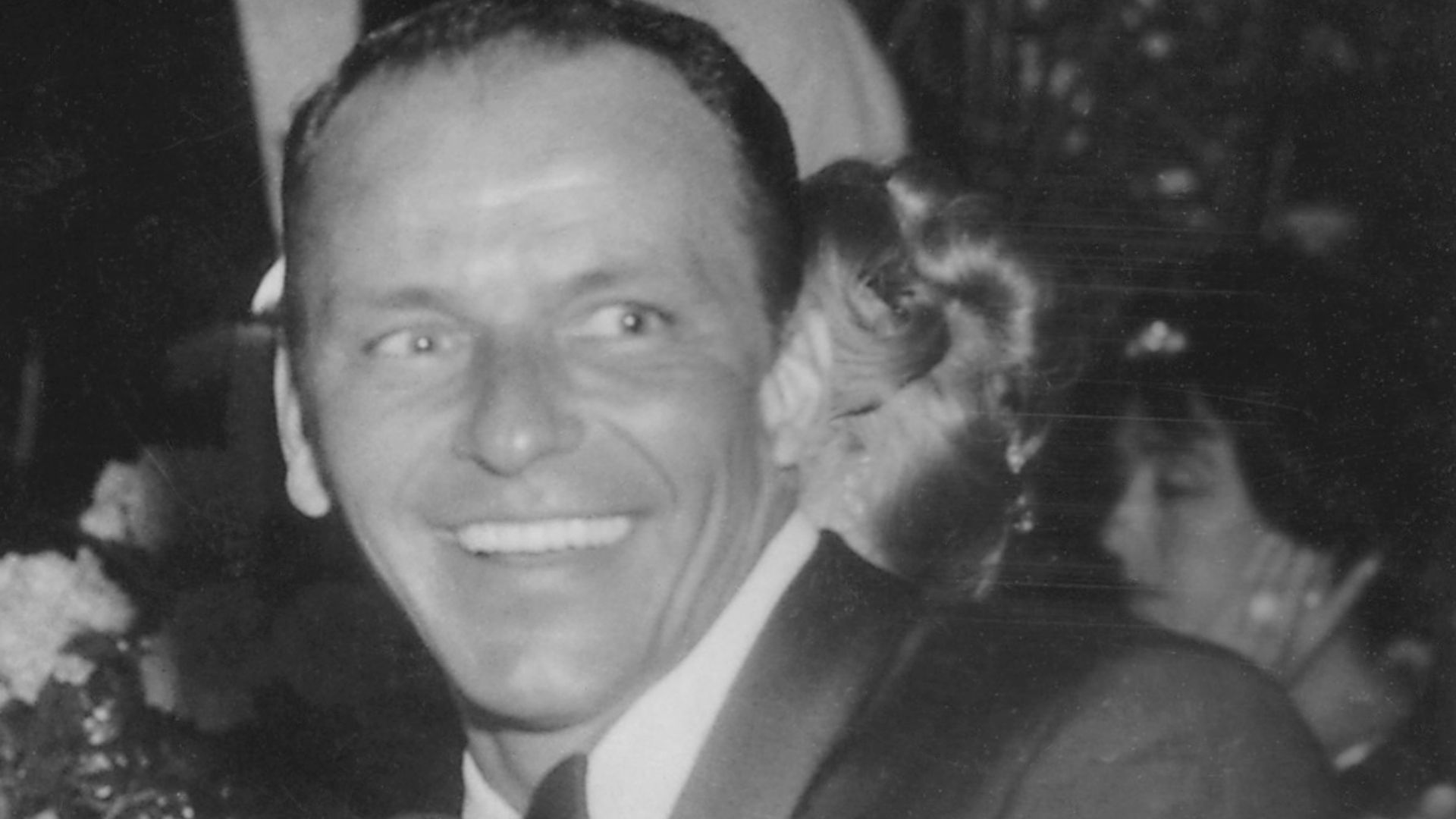 Unknown authorUnknown author, Wikimedia Commons
Unknown authorUnknown author, Wikimedia Commons
Bacall’s Final Word
In interviews late in life, Bacall refused to rehash the drama. “Frank was complicated,” she said. “And so was I.” Asked if she ever loved him, she paused. “Once,” she said. “That was enough.”
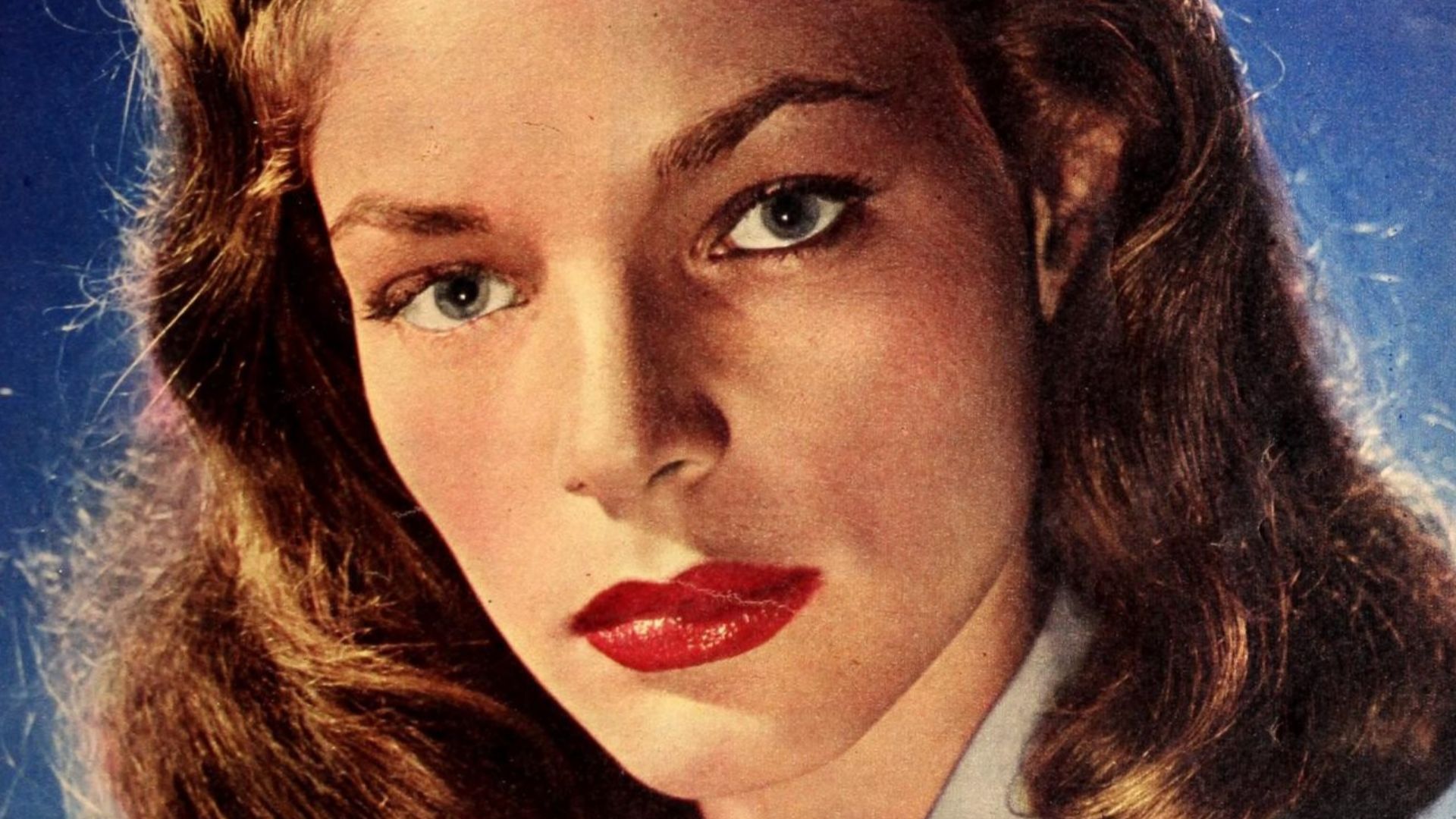 László Josef Willinger, Wikimedia Commons
László Josef Willinger, Wikimedia Commons
The Legacy of Three Legends
Bogart, Bacall, Sinatra—three names forever tangled in love, loyalty, and ego. Sinatra never stopped admiring Bogey. Bacall never stopped missing him. And Hollywood never stopped whispering about what happened when one idol chased the ghost of another—and crossed the line.
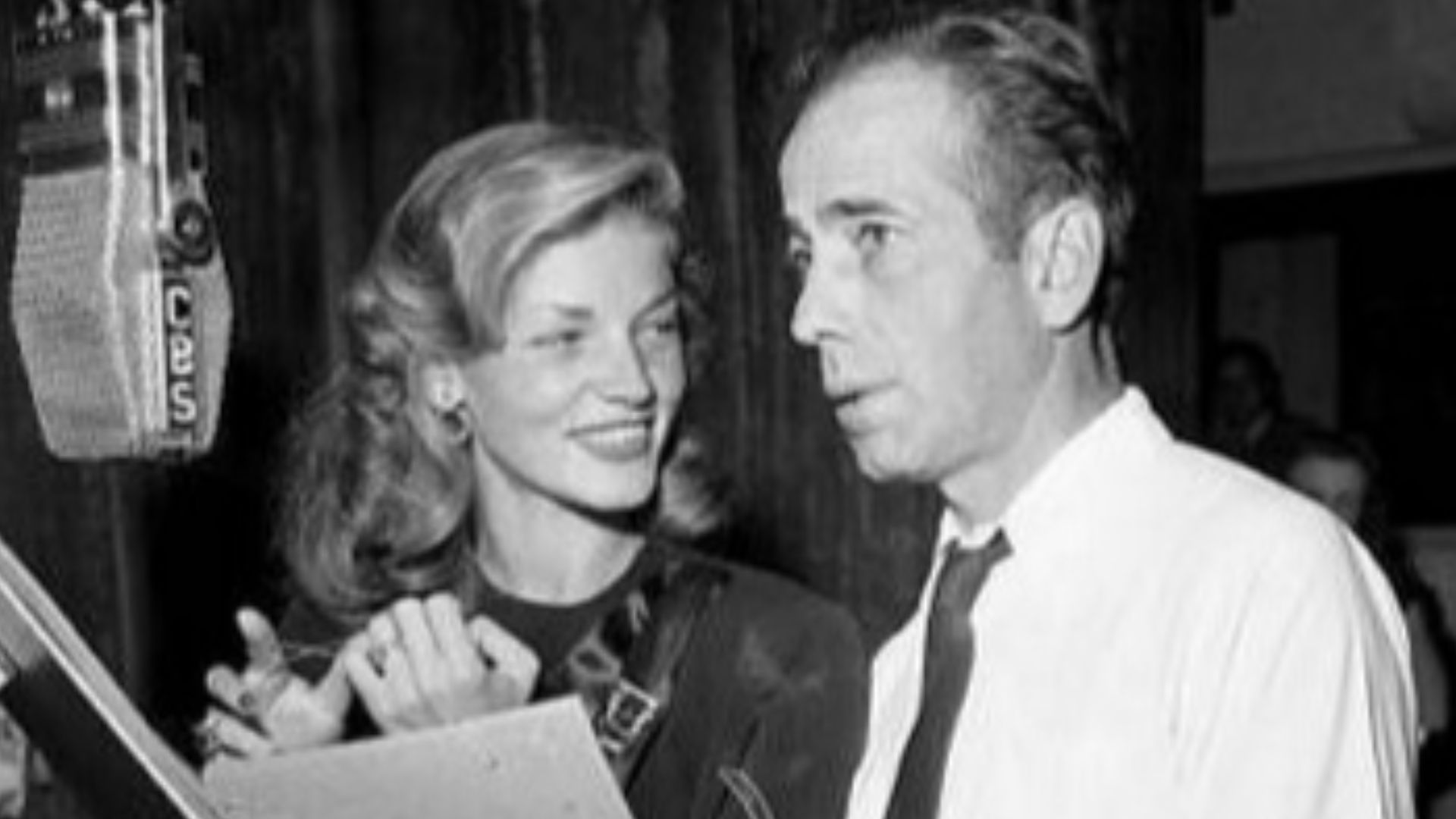 Unknown author, Wikimedia Commons
Unknown author, Wikimedia Commons
The Ava Gardner Pattern
Before Bacall, Sinatra had already self-destructed with Ava Gardner—the woman he divorced his first wife for, then lost to jealousy and volatility. Gardner later said, “He couldn’t stand being happy.” Bacall would end up learning the same thing the hard way.
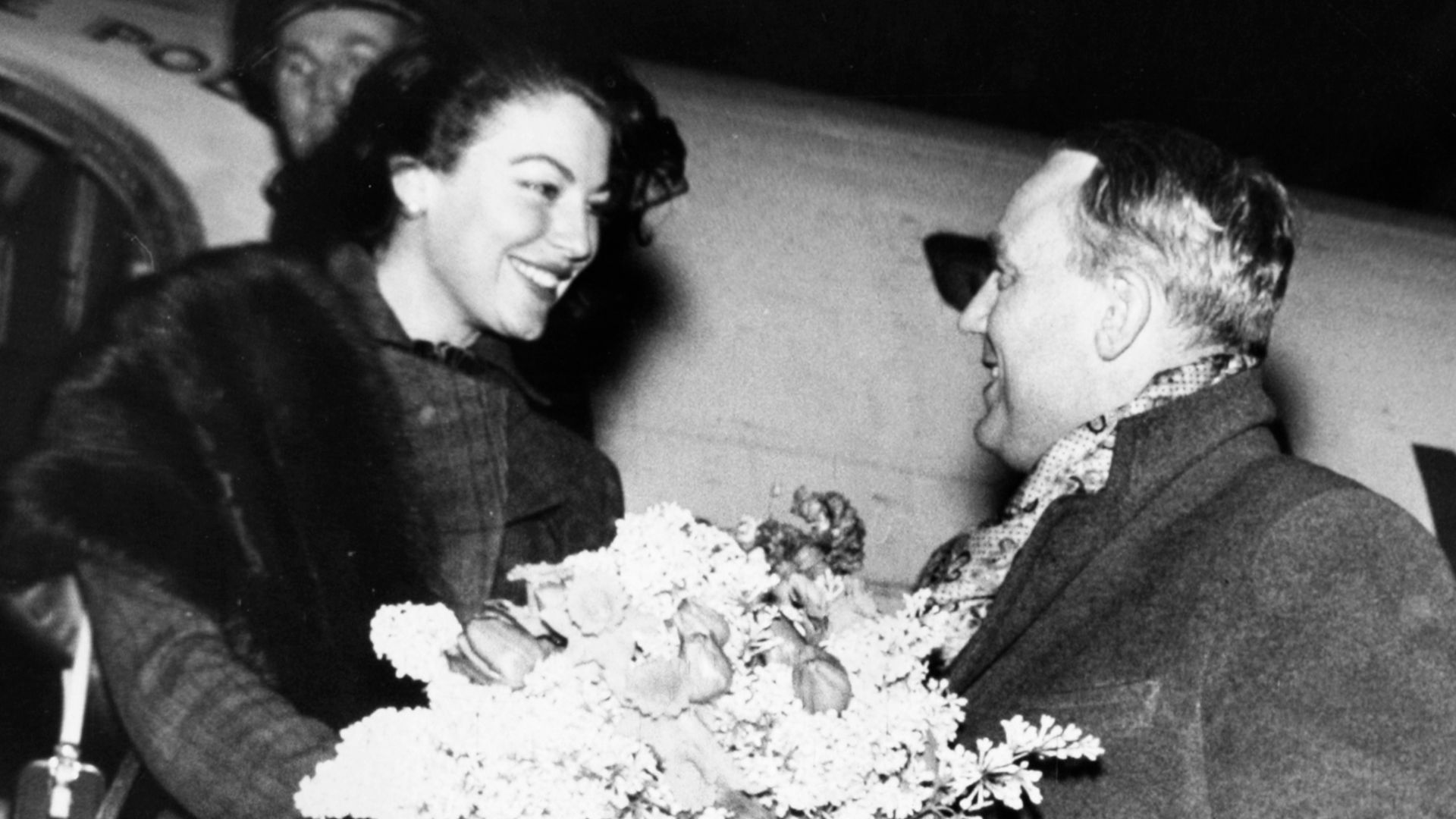 SAS Scandinavian Airlines, Wikimedia Commons
SAS Scandinavian Airlines, Wikimedia Commons
Mia Farrow and the Echo
When Sinatra married Mia Farrow in 1966, she was 30 years younger and eerily reminiscent of Bacall—sharp, independent, emotionally out of reach. Friends said he was trying to rewrite history. It didn’t work. They divorced within two years.
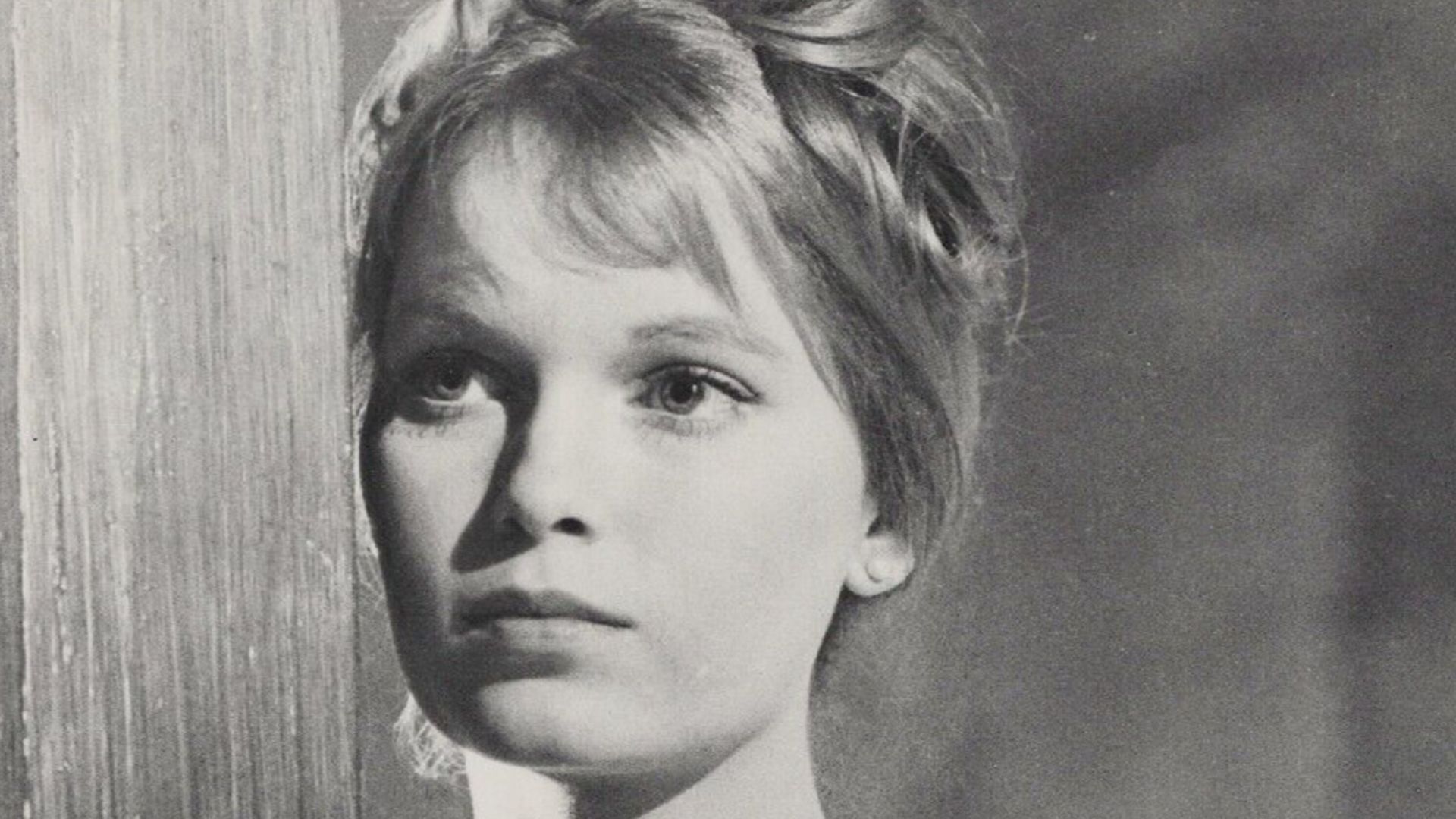 20th Century Fox, Wikimedia Commons
20th Century Fox, Wikimedia Commons
The Control Instinct
After Bacall, Sinatra’s relationships all carried the same theme: devotion followed by withdrawal. “Frank needed to be worshiped,” said biographer James Kaplan. “The second a woman stopped orbiting him, he’d vanish.” The Bacall fallout taught him to disappear first.
 Armchair Voyager, Wikimedia Commons
Armchair Voyager, Wikimedia Commons
The Private Guilt
Sinatra’s closest friends said the Bacall story haunted him more than any headline. “He felt he betrayed Bogey,” one of them told Vanity Fair. “And he knew he’d hurt Betty. That’s the part he couldn’t forgive himself for.”
The Final Curtain
Even near the end of his life, when old friends mentioned Bacall’s name, Sinatra would wave them off. “That was a long time ago,” he’d mutter. But the look in his eyes told the truth—he remembered every detail. He just didn’t want anyone else to.
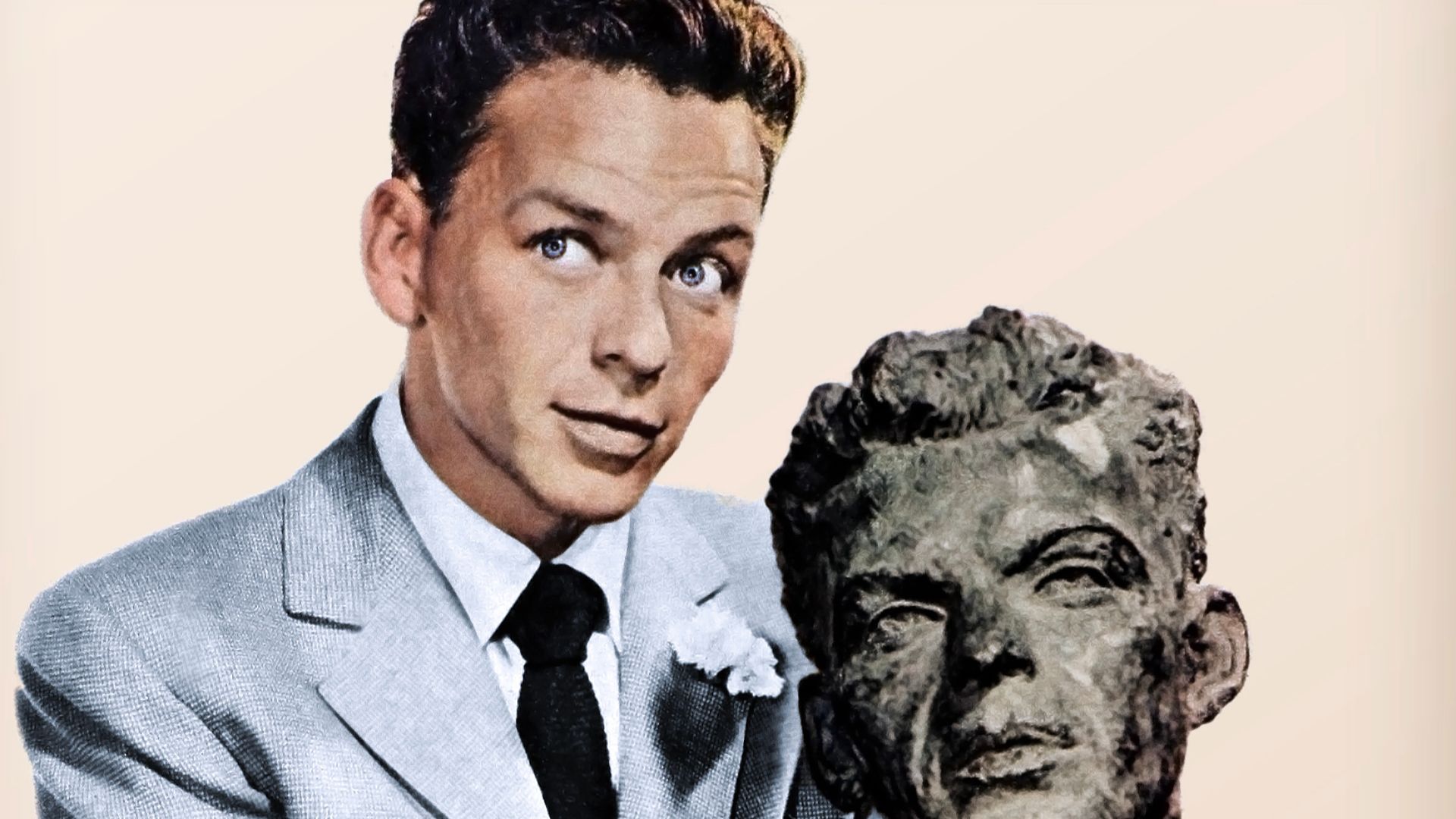 Nickolas Muray / Jo Davidson, Wikimedia Commons
Nickolas Muray / Jo Davidson, Wikimedia Commons
You Might Also Like:
Hollywood Fashion Icons Who Actually Affected The Clothes You Wear
The Night Elvira Spent With Elvis—And How It Changed Everything

